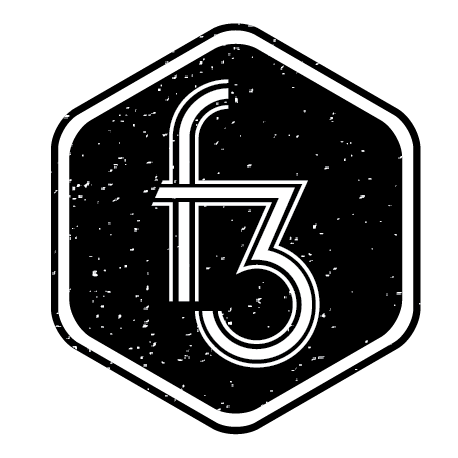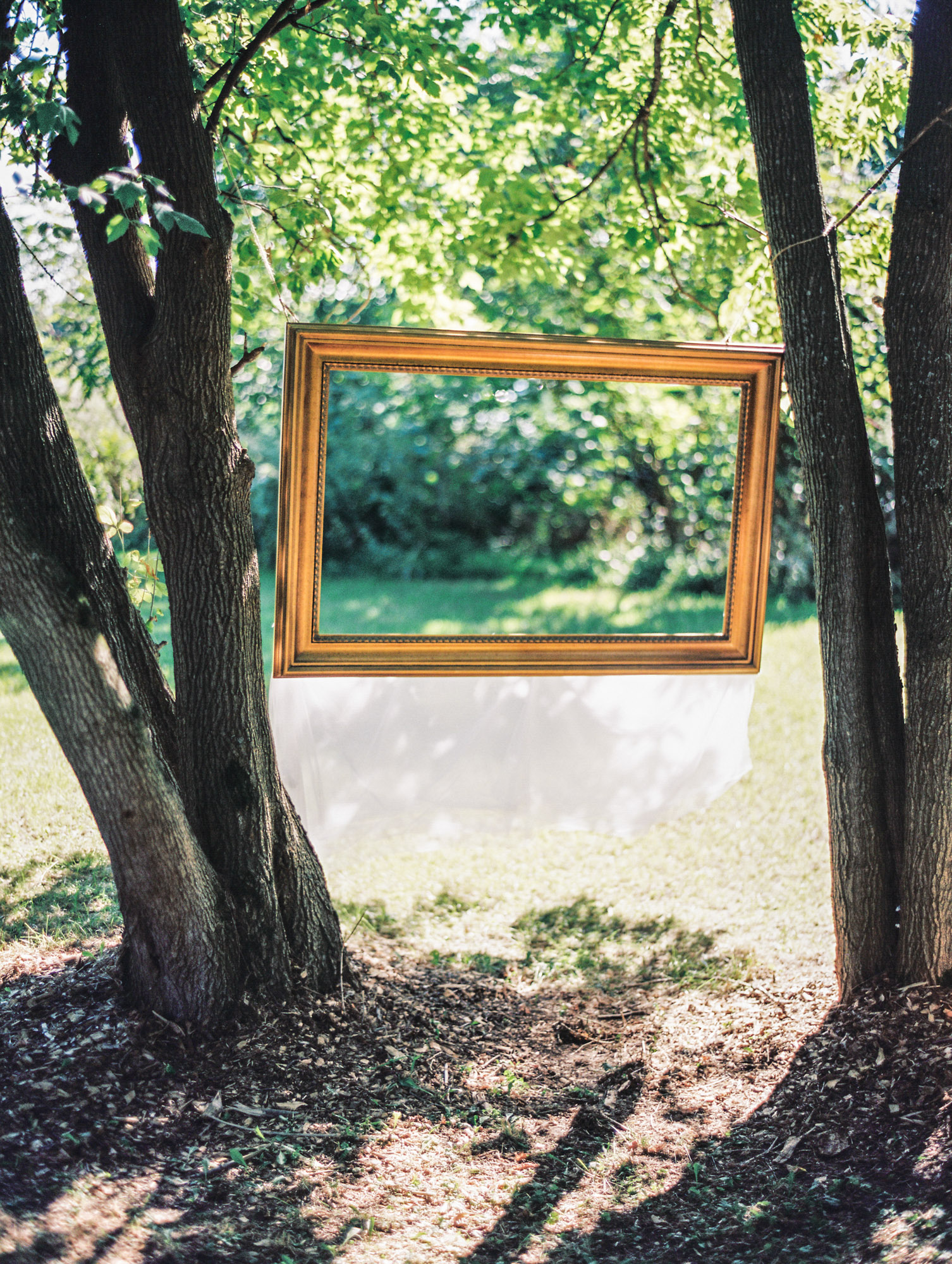Traveling to a new country alone without learning the language can be quite daunting. "What if I get lost?", "What if someone asks me a question and I'm not able to answer?", "What will I do if I ever got into trouble?". These are the types of question that pops into people's heads if they were to travel solo.
I had the same fears too. The fear of the unknown, fear of humiliation, fear of not being able to communicate. Given, these are legitimate doubts that all solo travelers must face. It had stopped me from visiting other great countries around the world many times. This time however, I refused to give in. I wanted to challenge myself, to break free from all the worries and finally stepping out of my comfort zone. Thus the journey began!
Along the way in Barcelona and Madrid, I've gotten lost more than I'd like to admit. Some were intentional, some were... inevitable. Along the way, I found the cities' hidden gems. As I wandered through the streets I've came across unknown alleyways, friendly locals to play table tennis with, spoken completely broken spanish with a heavy accent, drank at bars that were friendly and not so friendly to travelers. Most important of all, I got to capture some of views and cultures that really took my breath away.

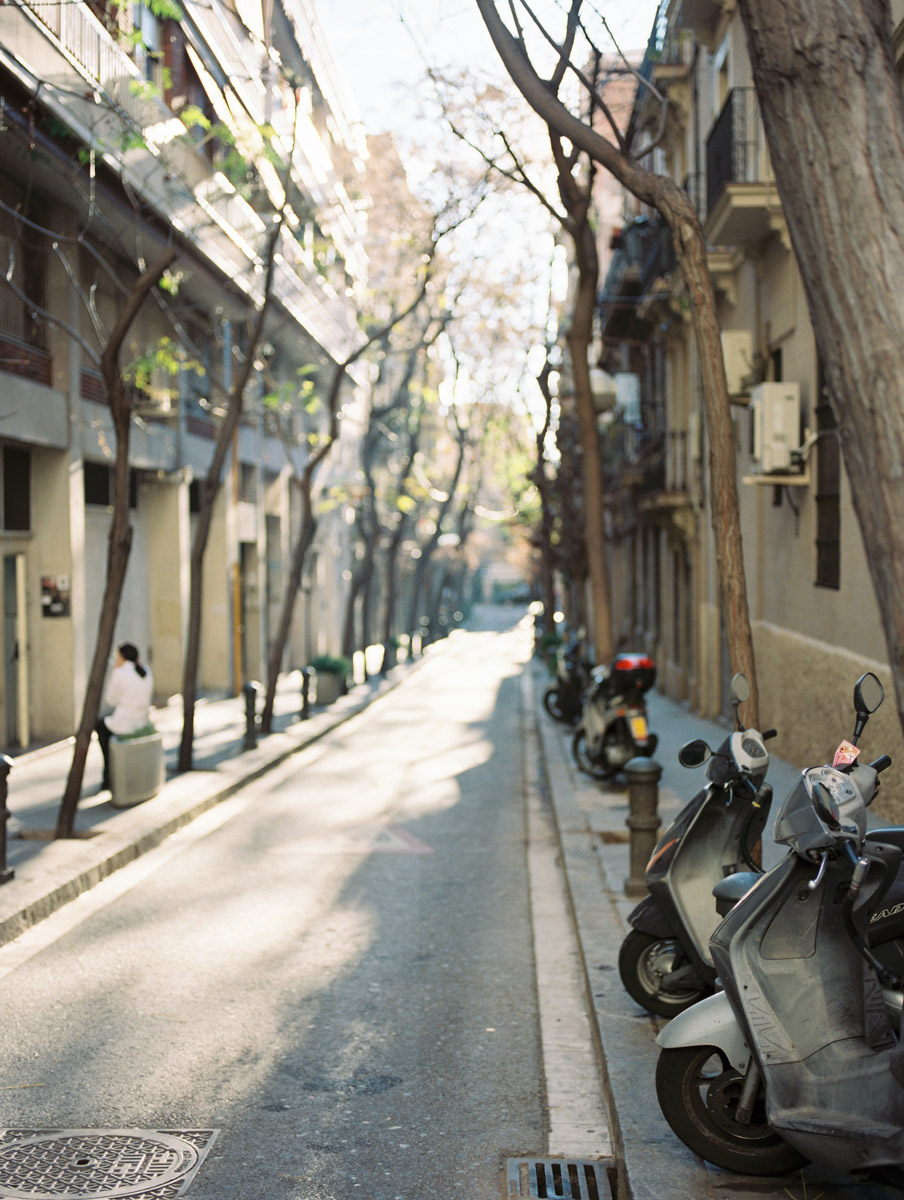
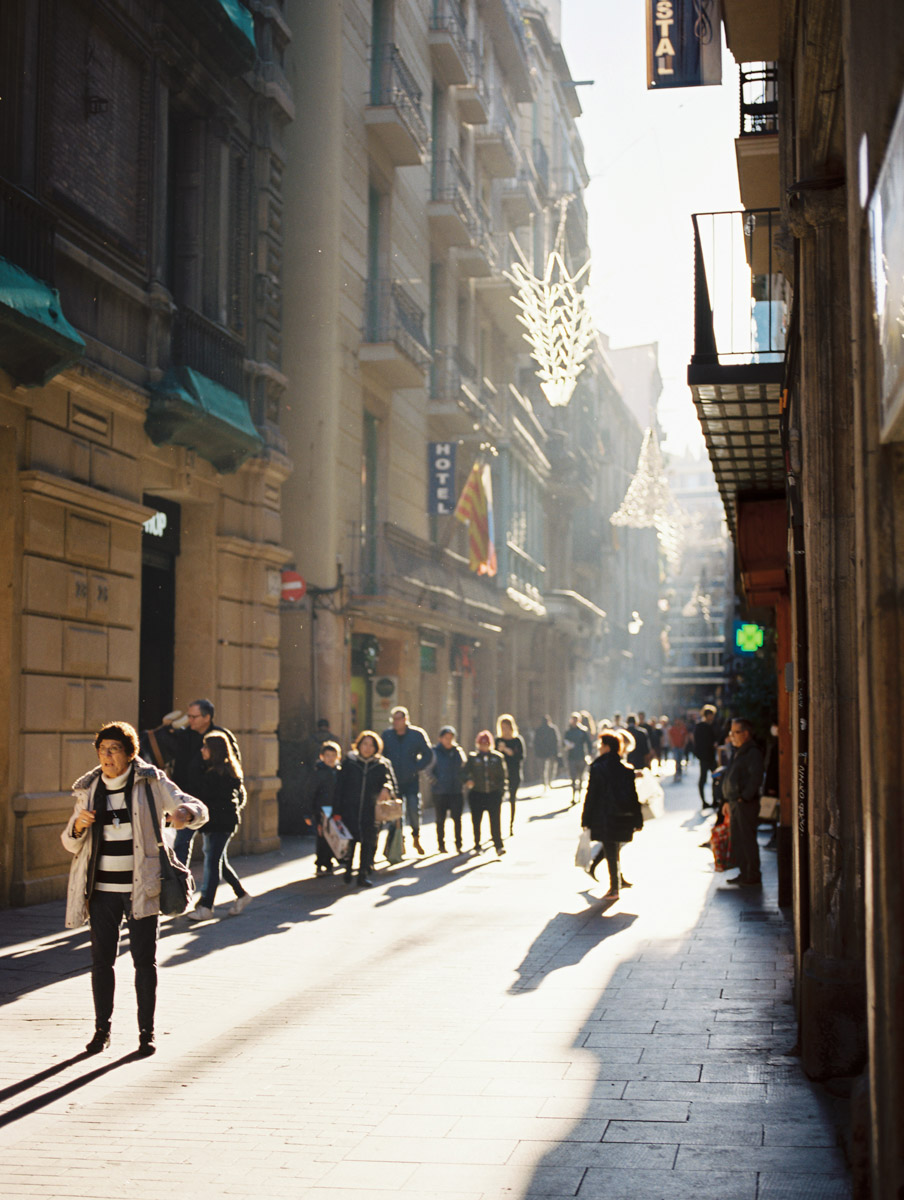
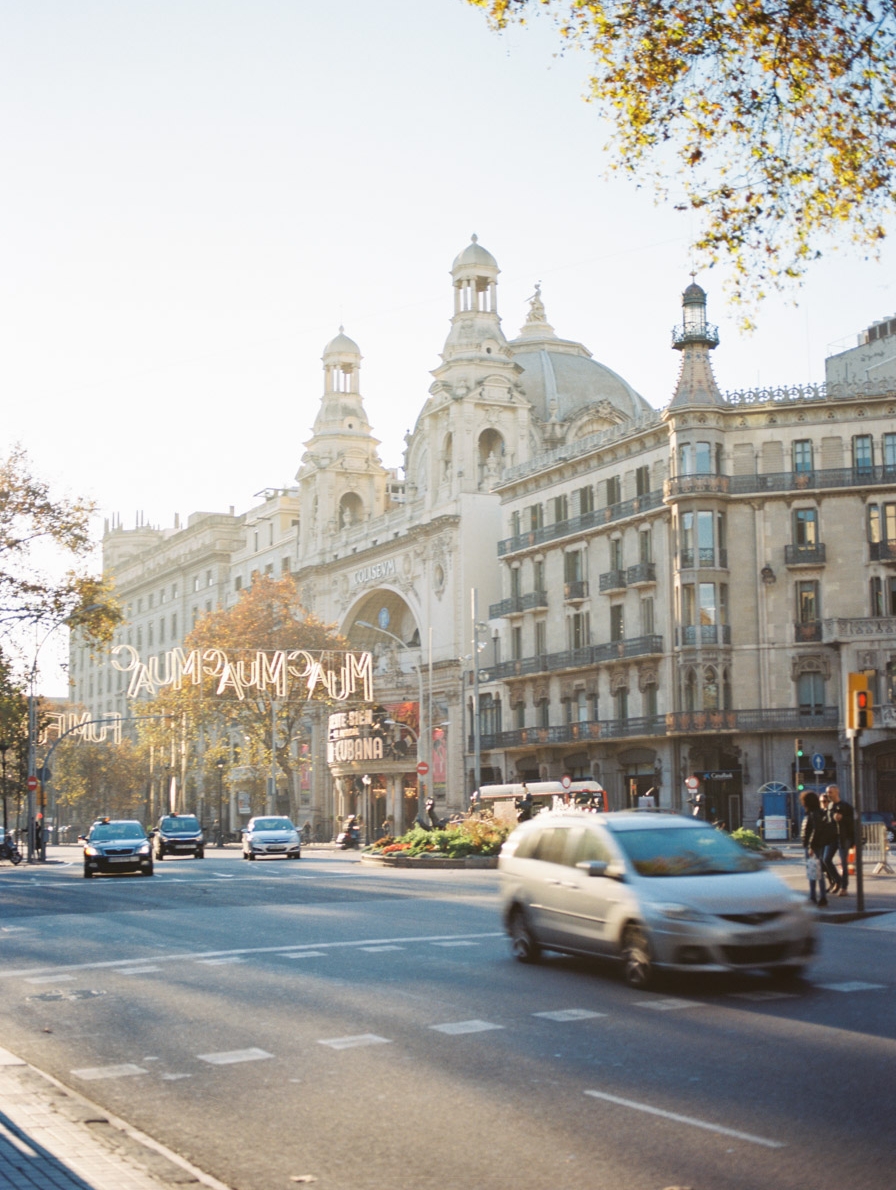
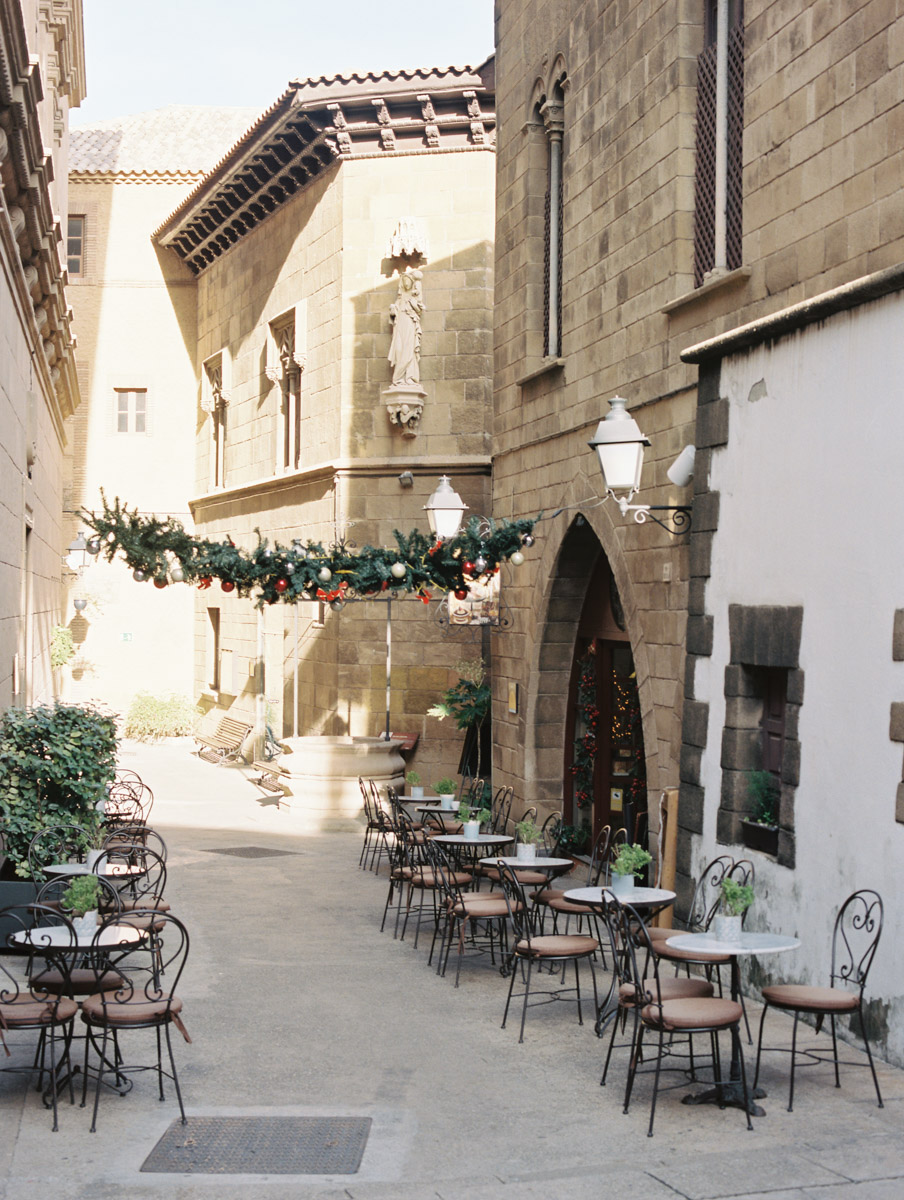
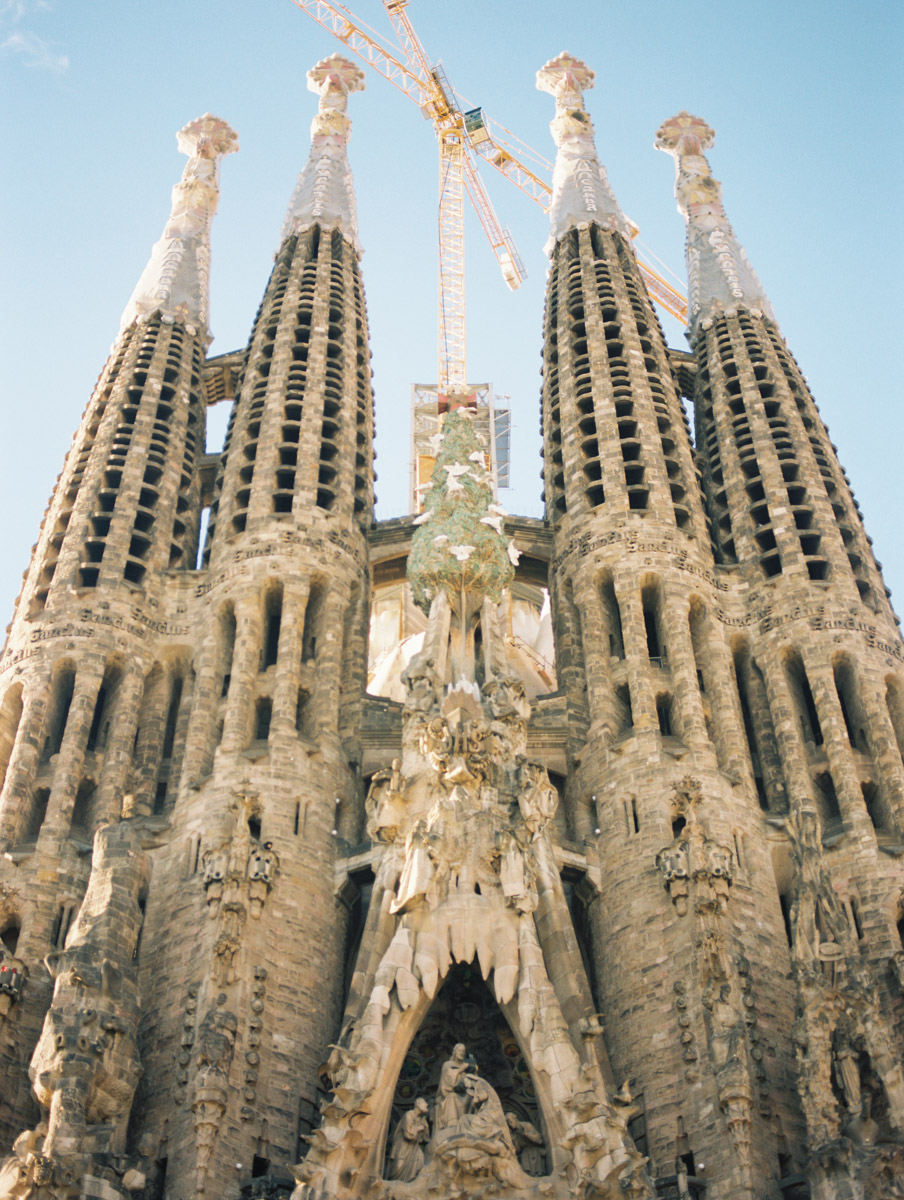
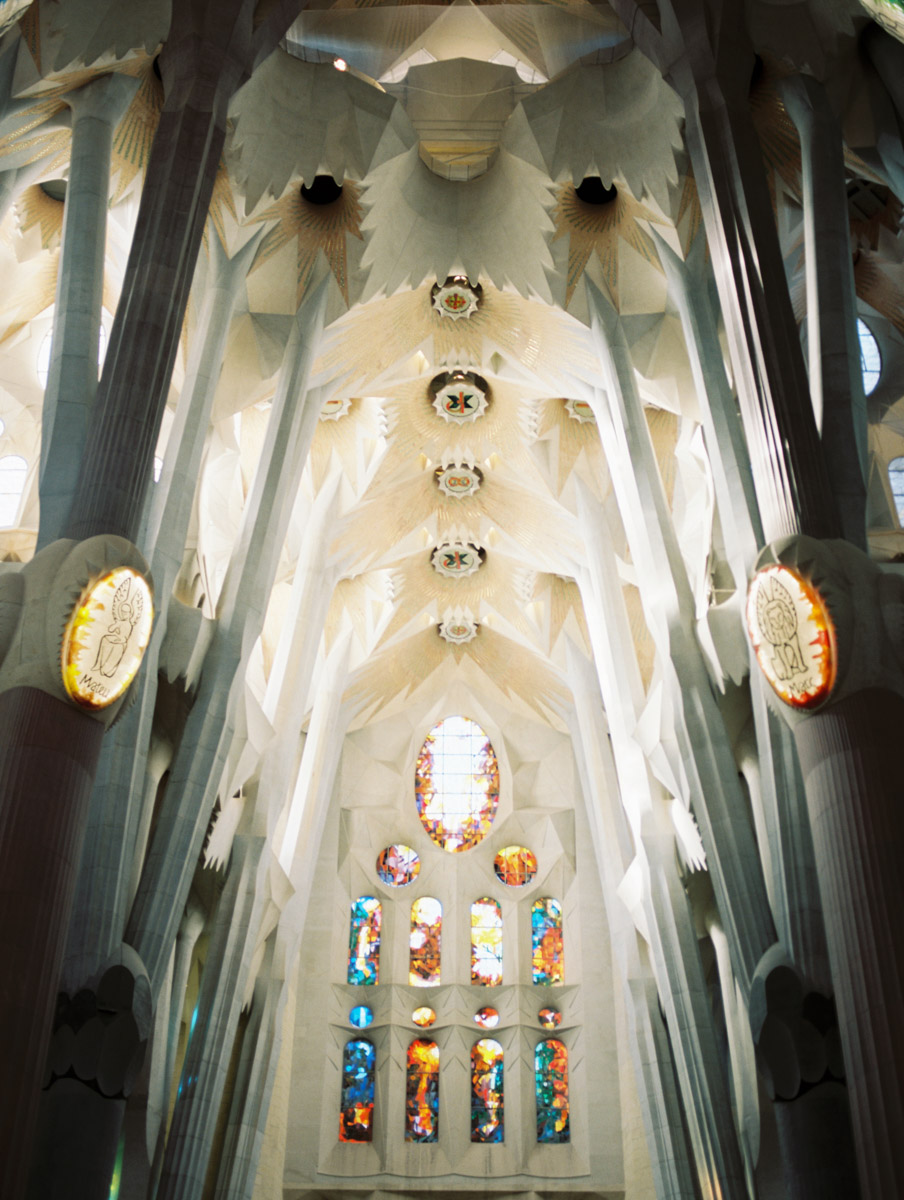

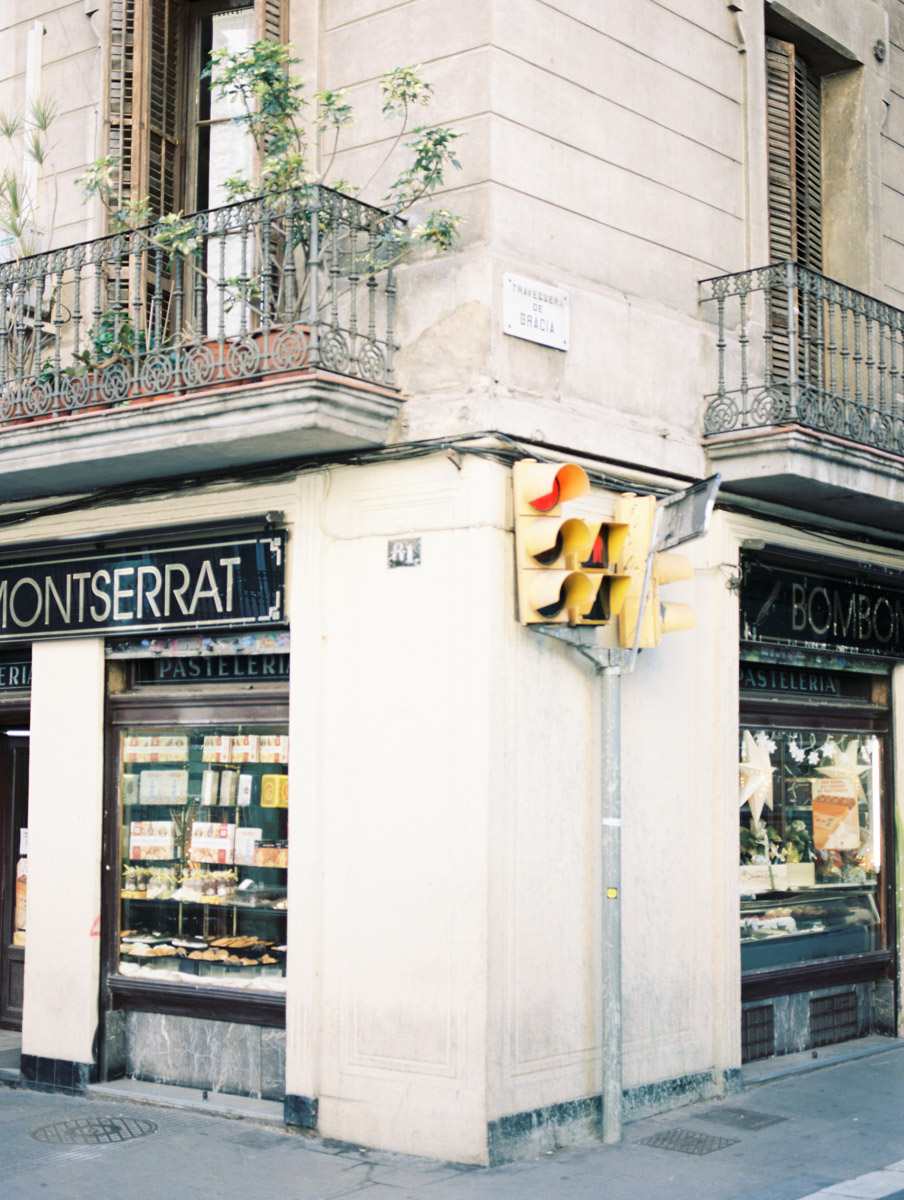
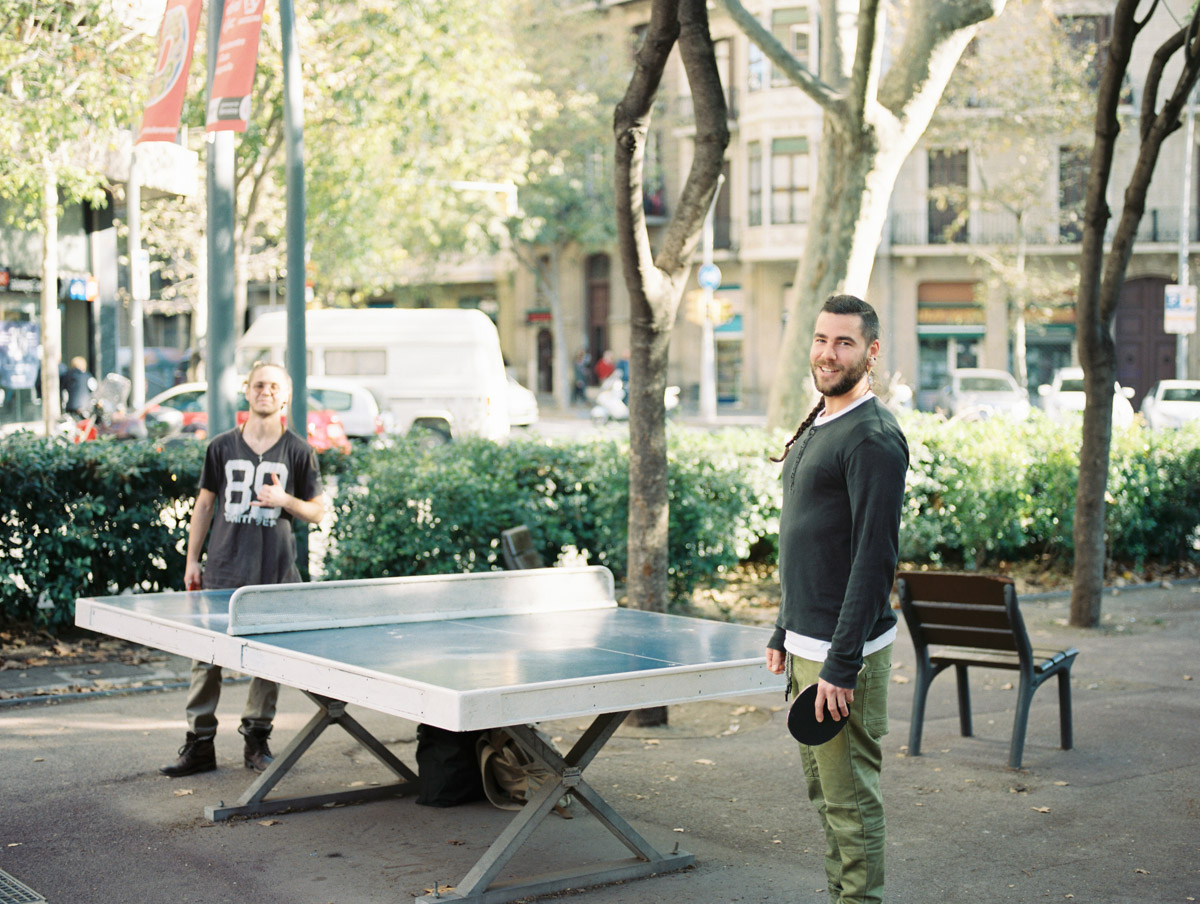
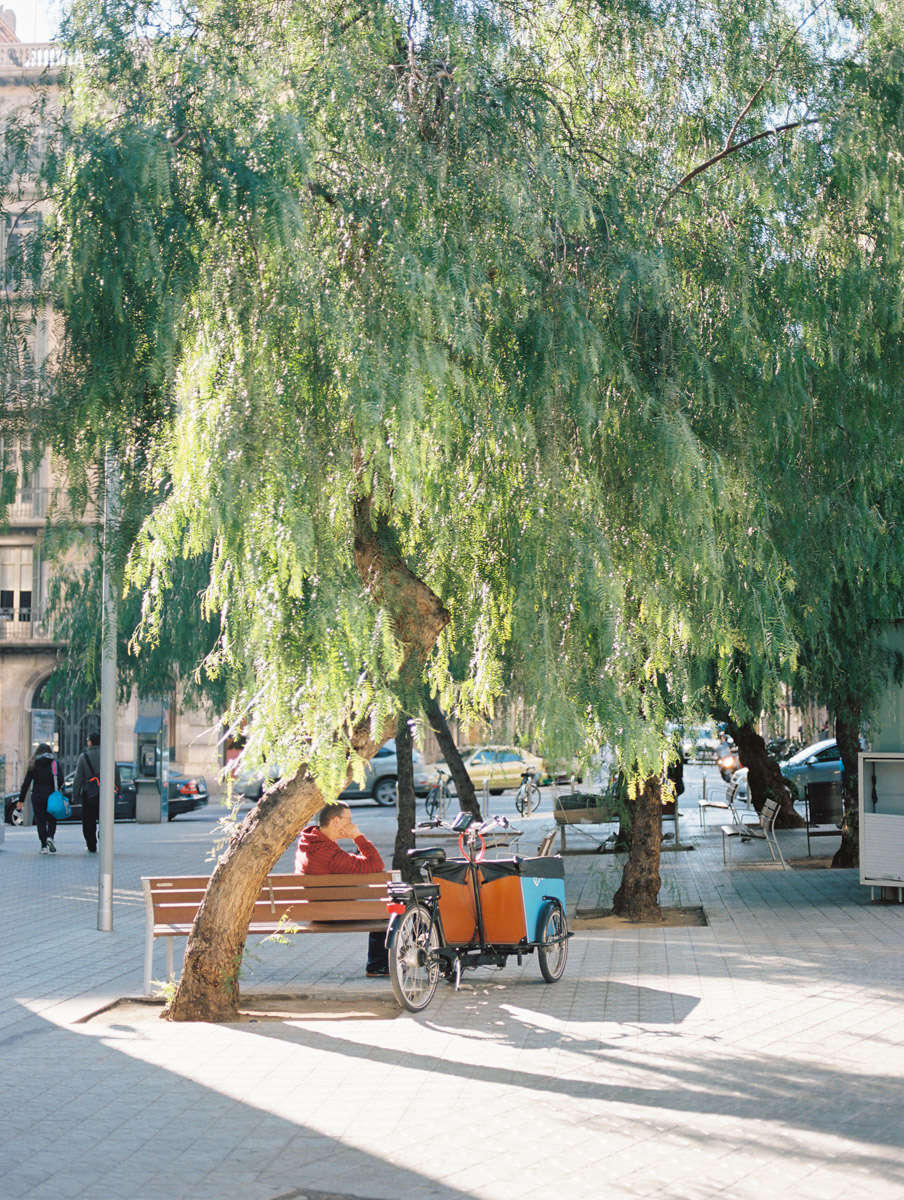
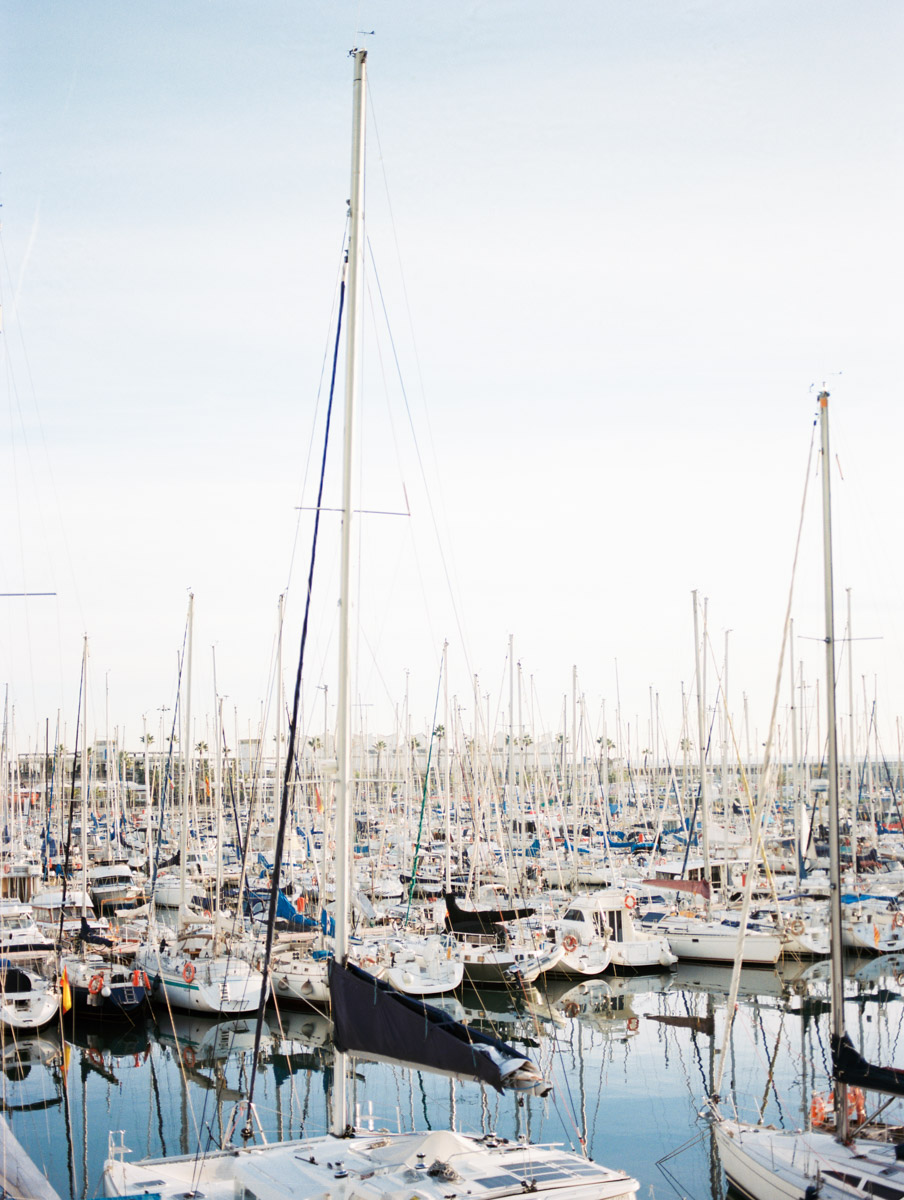
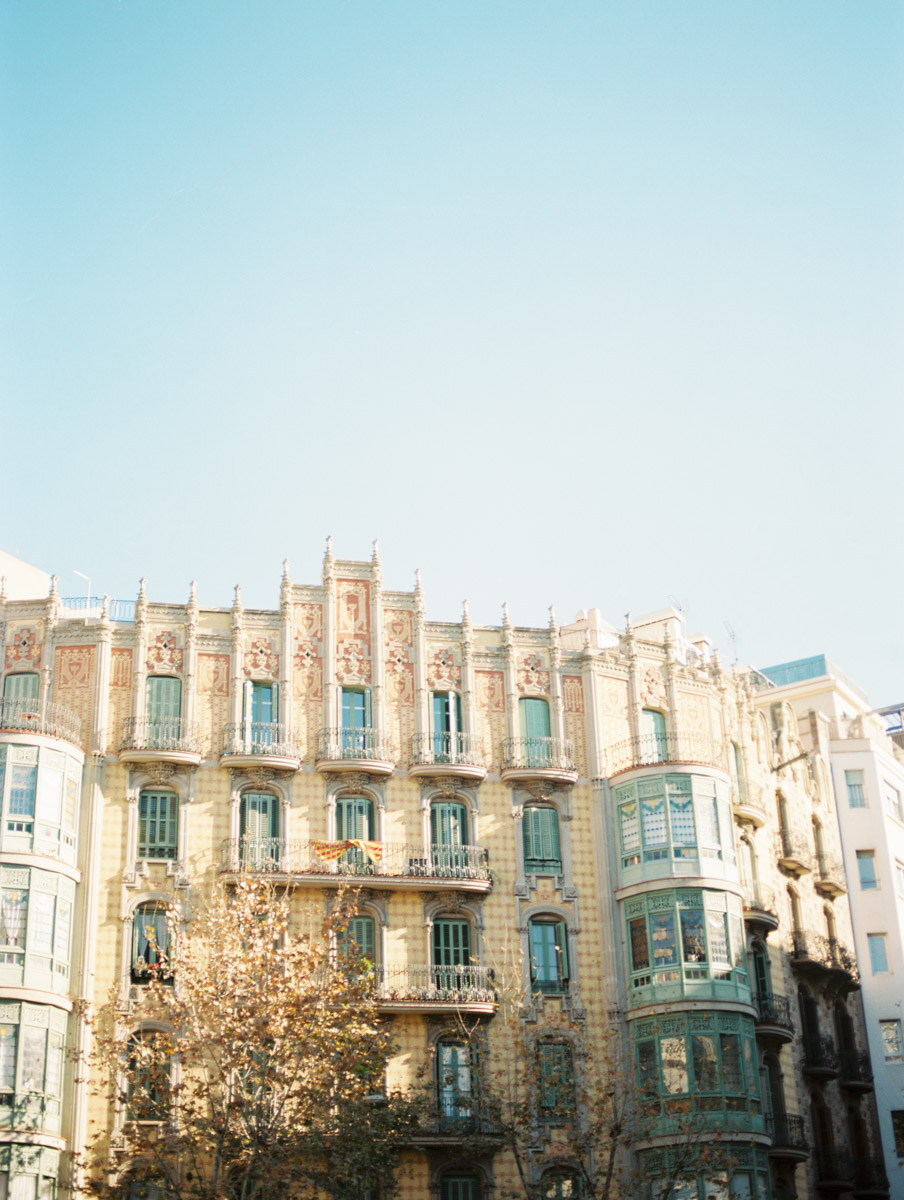
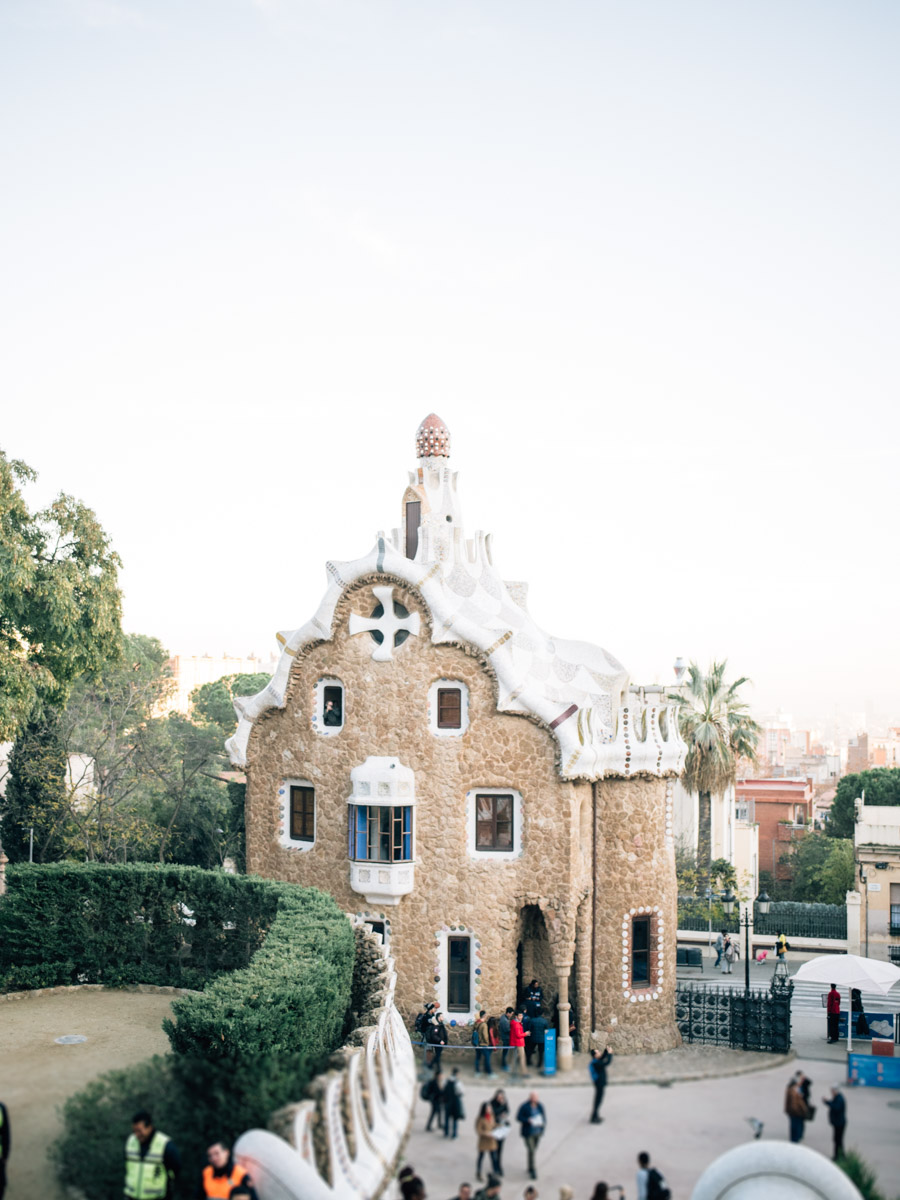
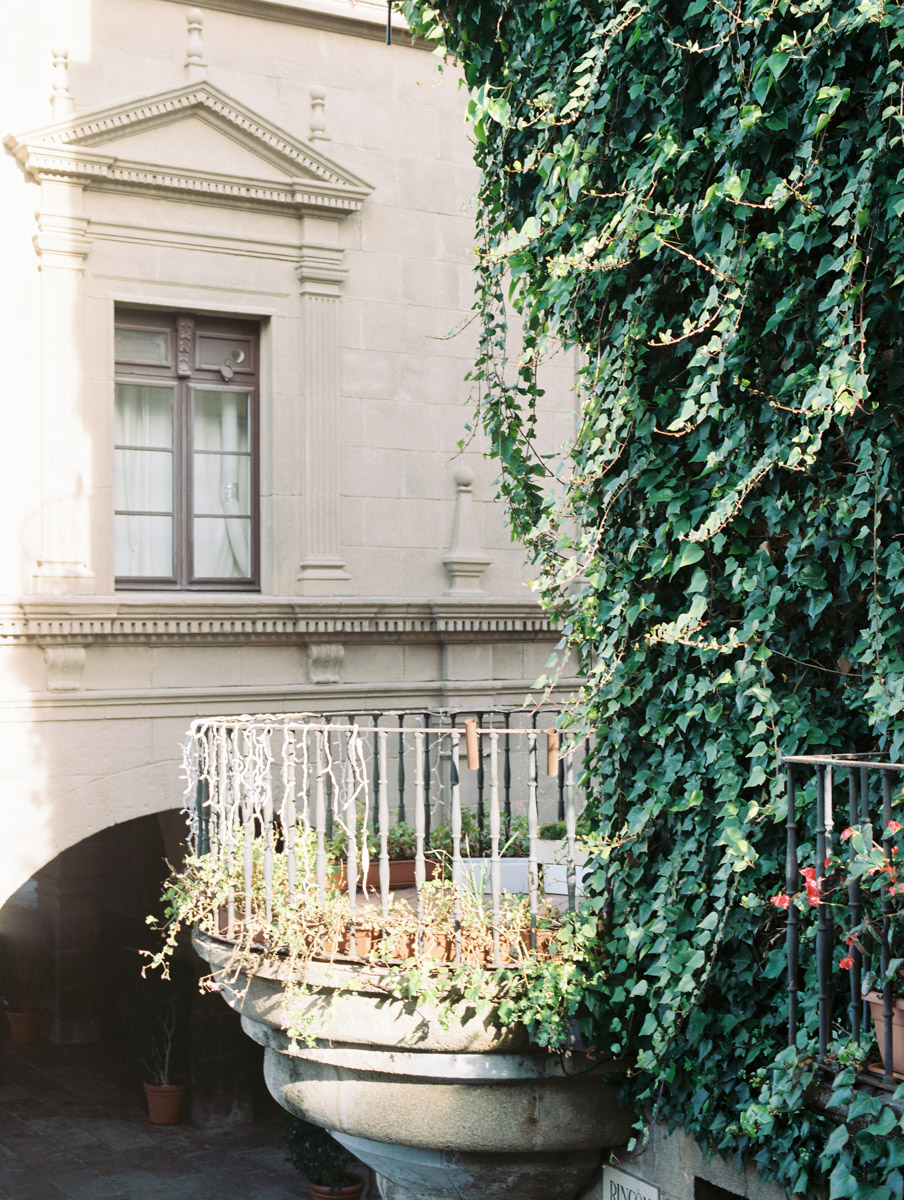
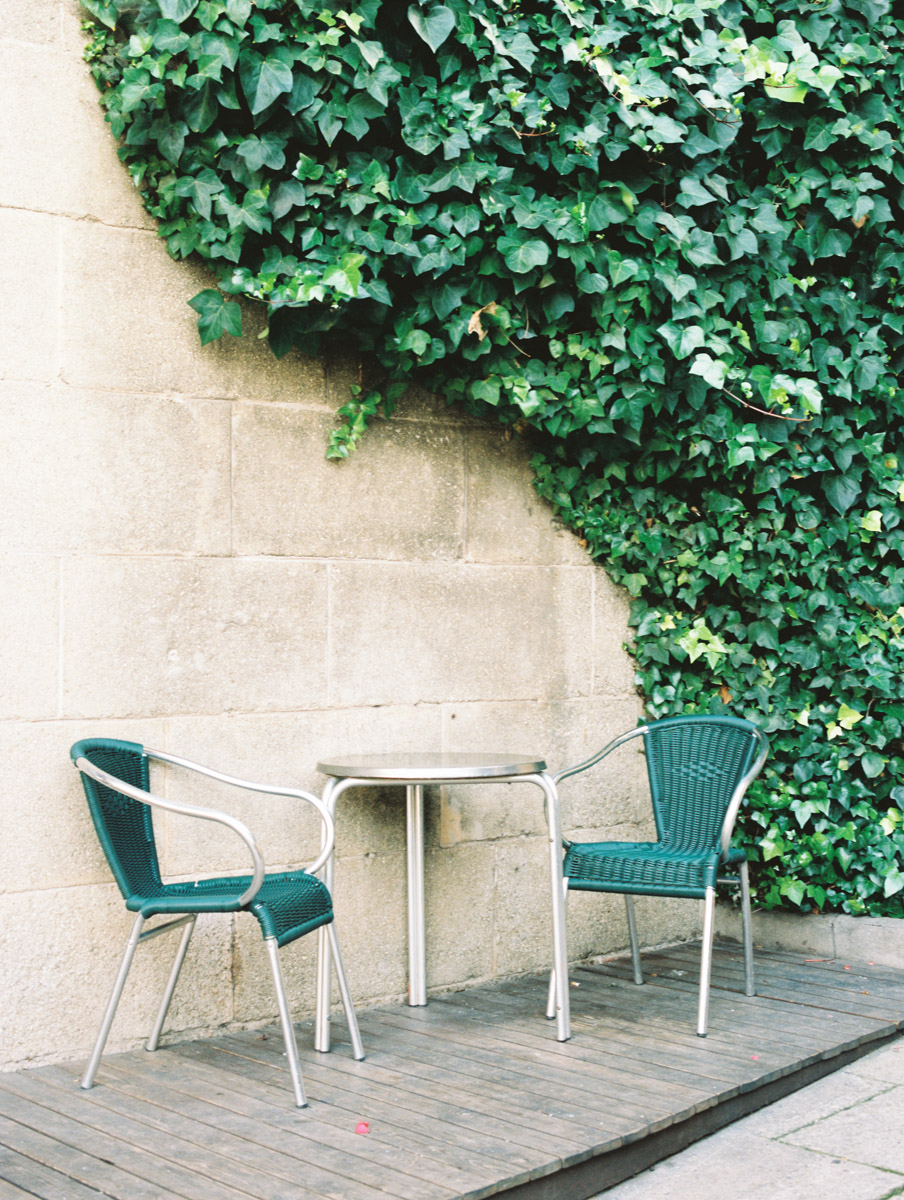

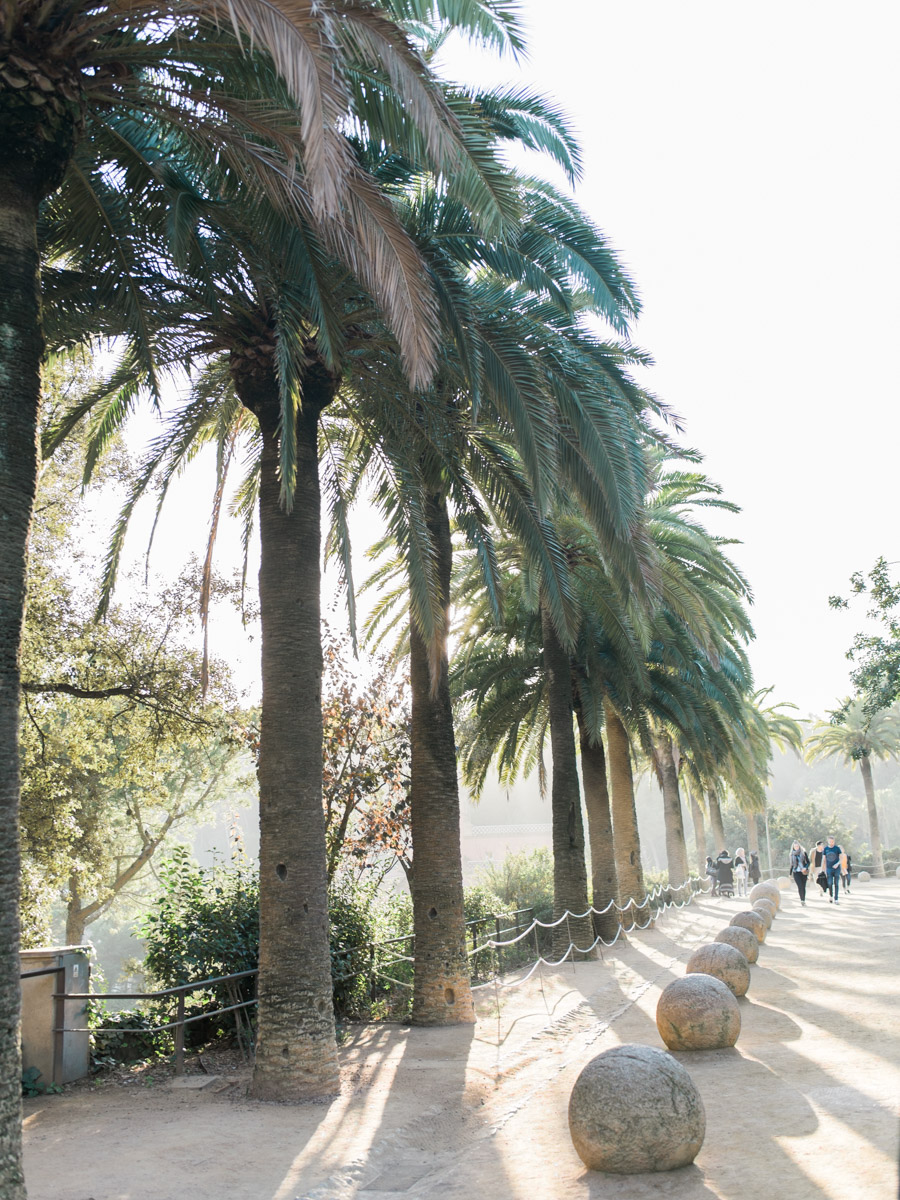
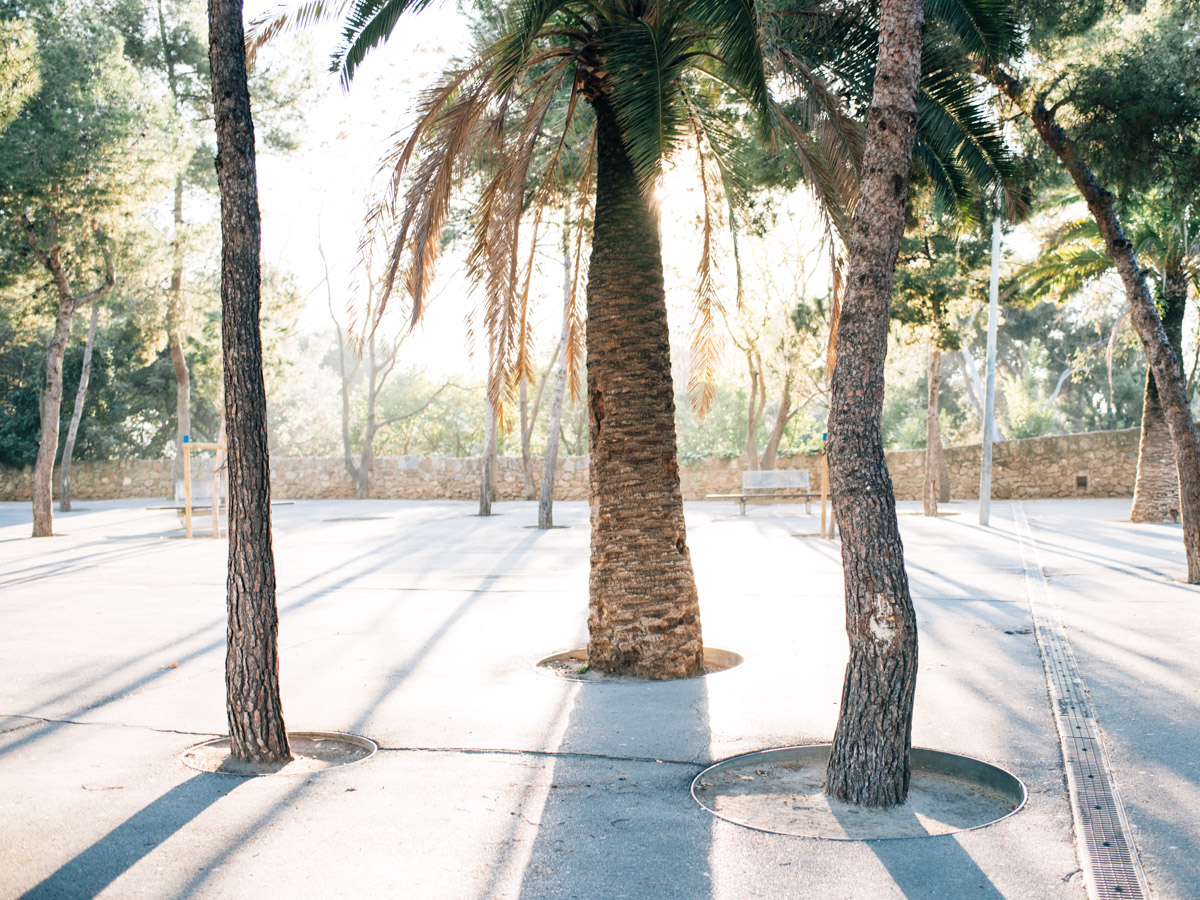
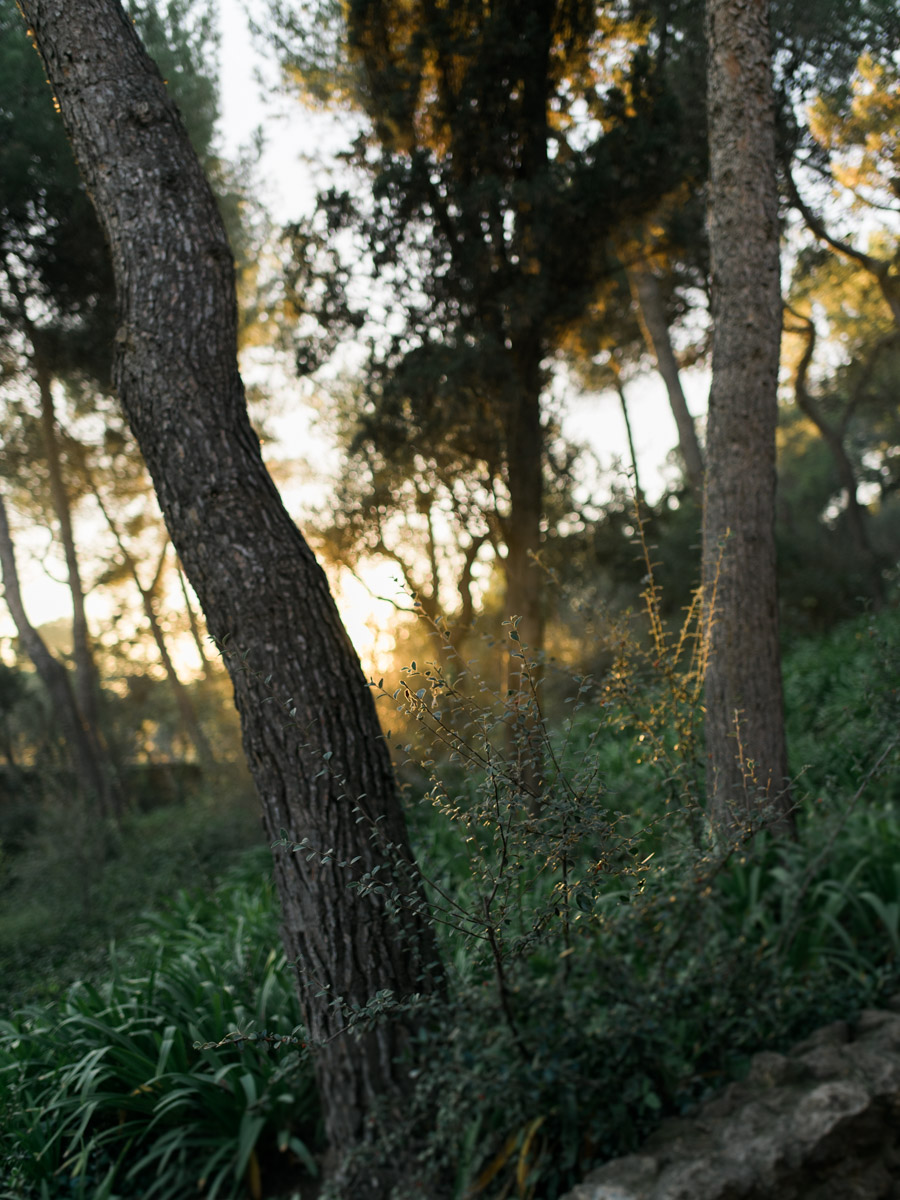
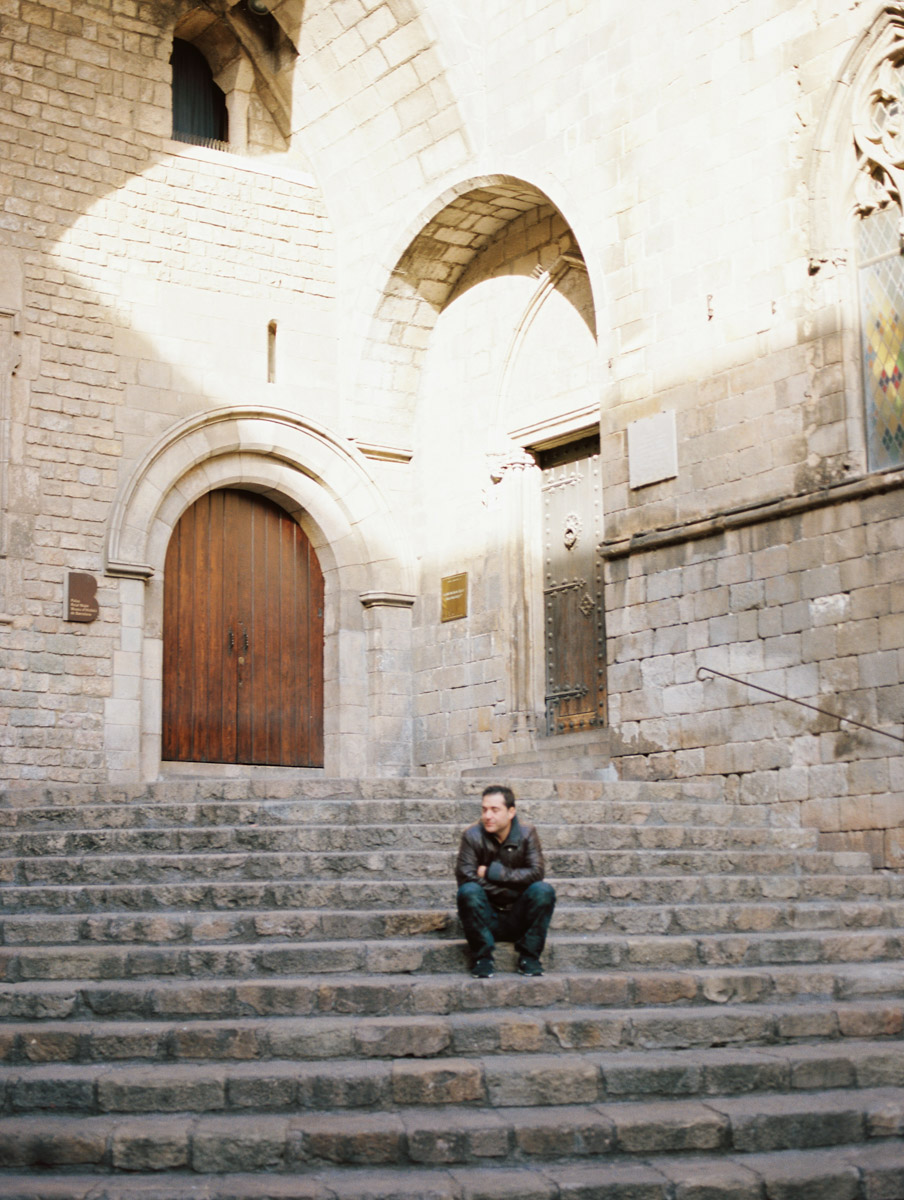
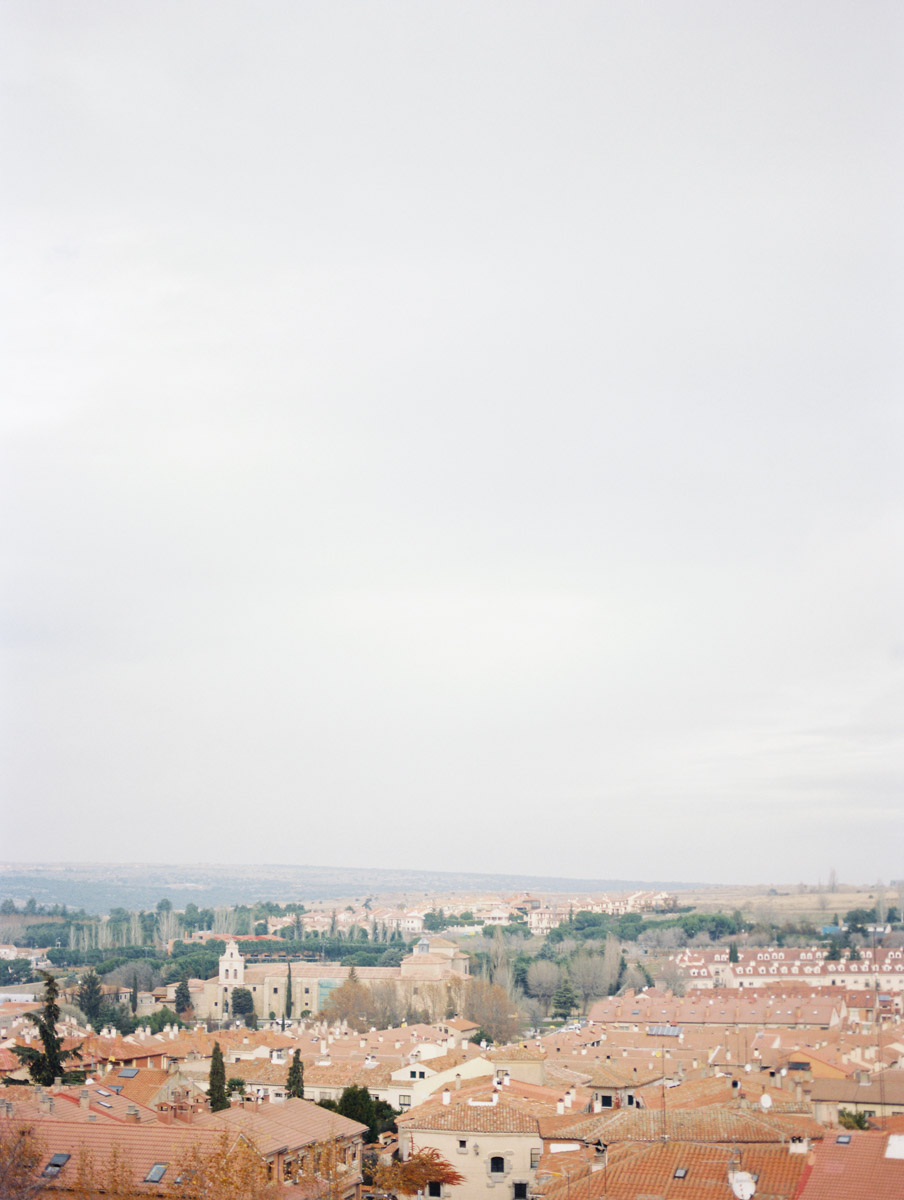
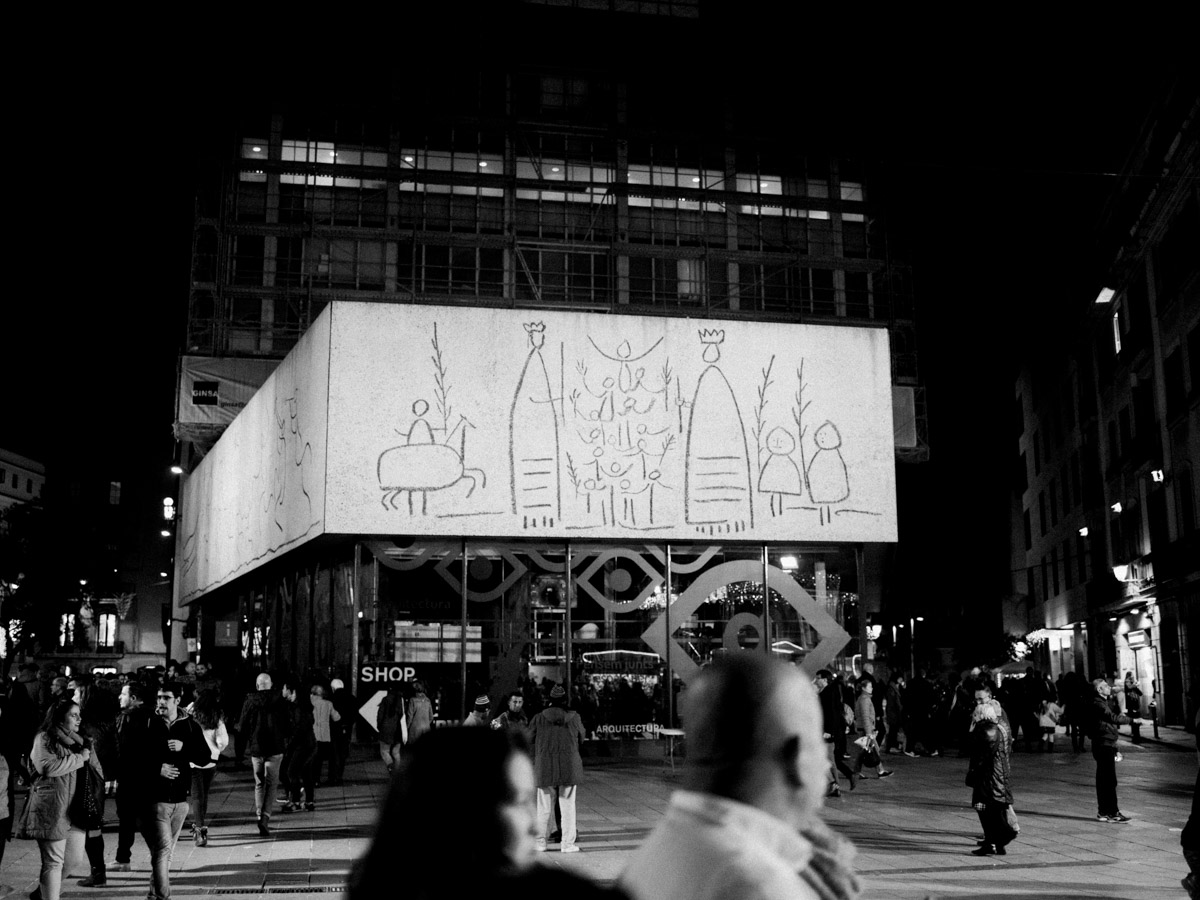
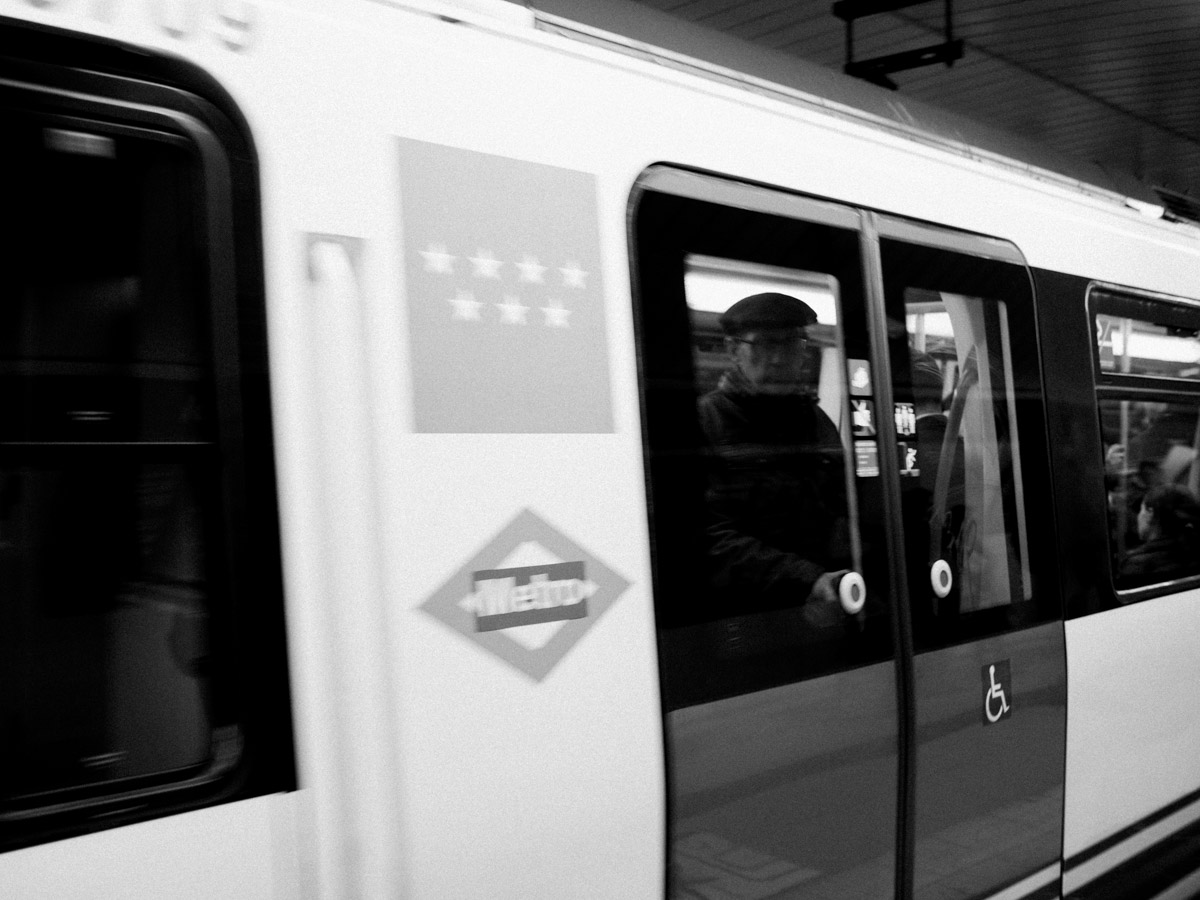
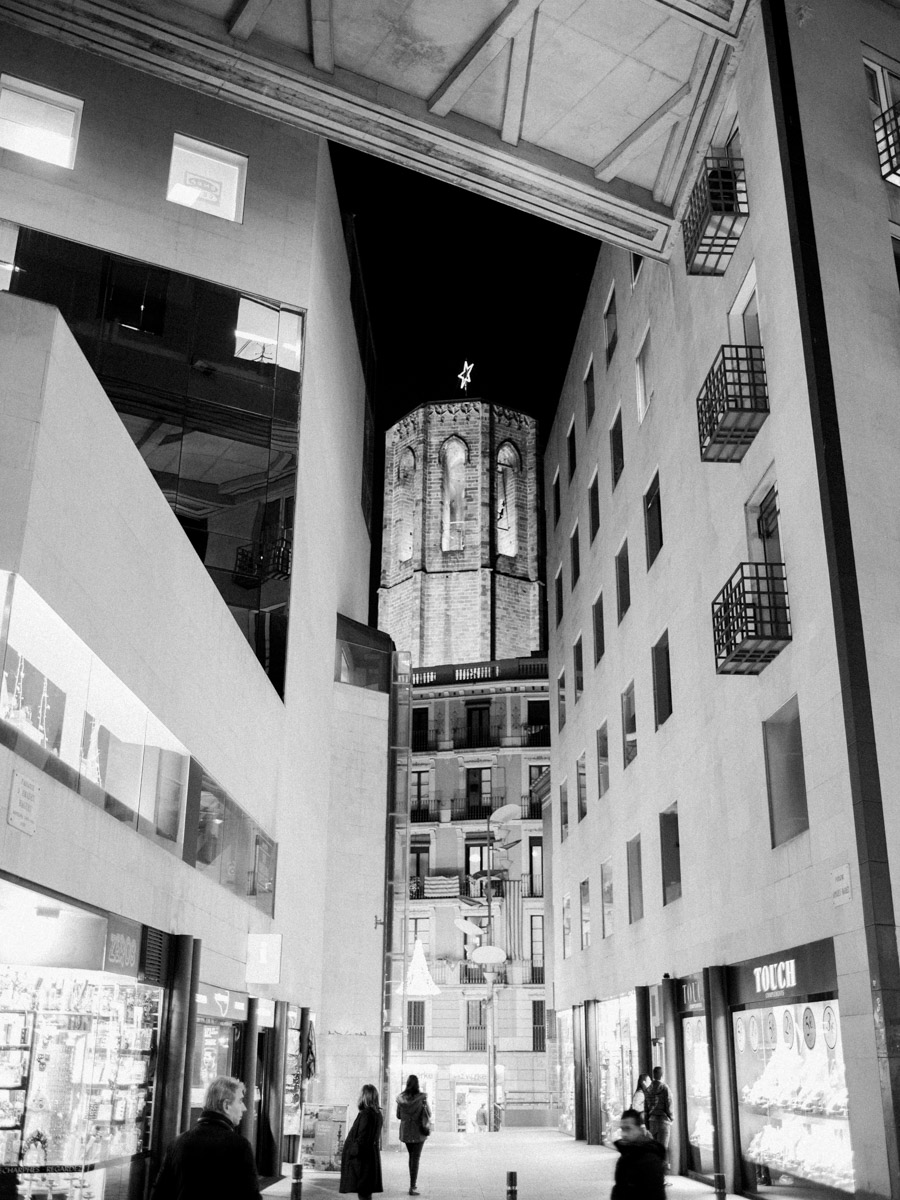
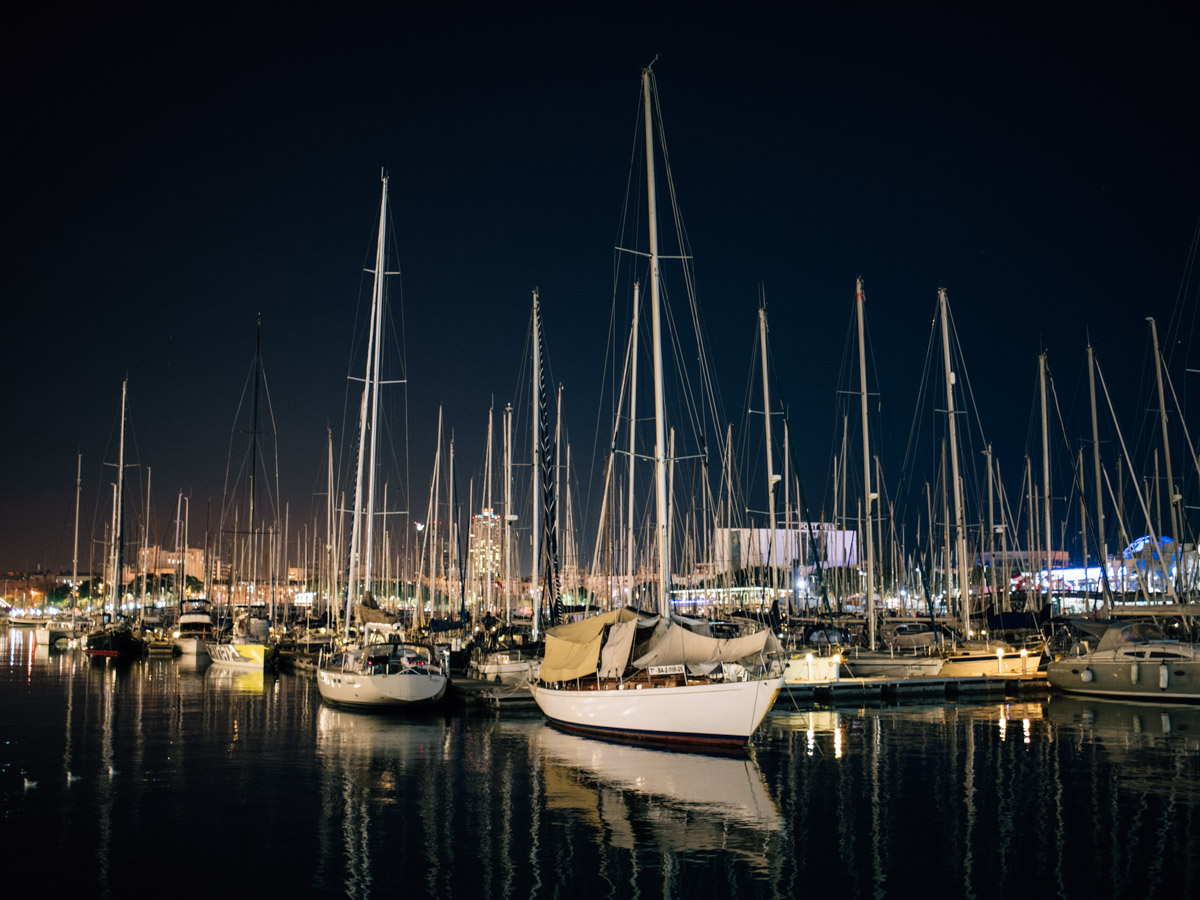
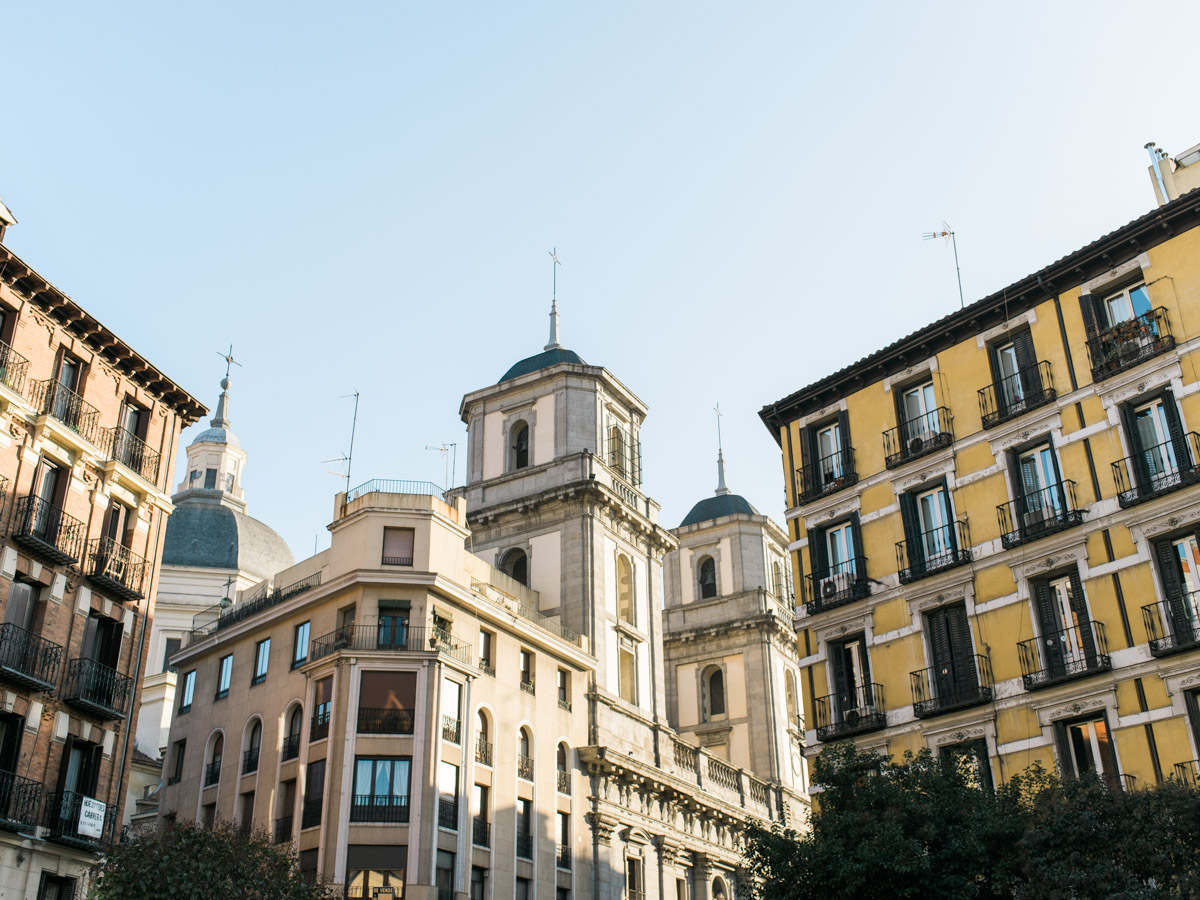
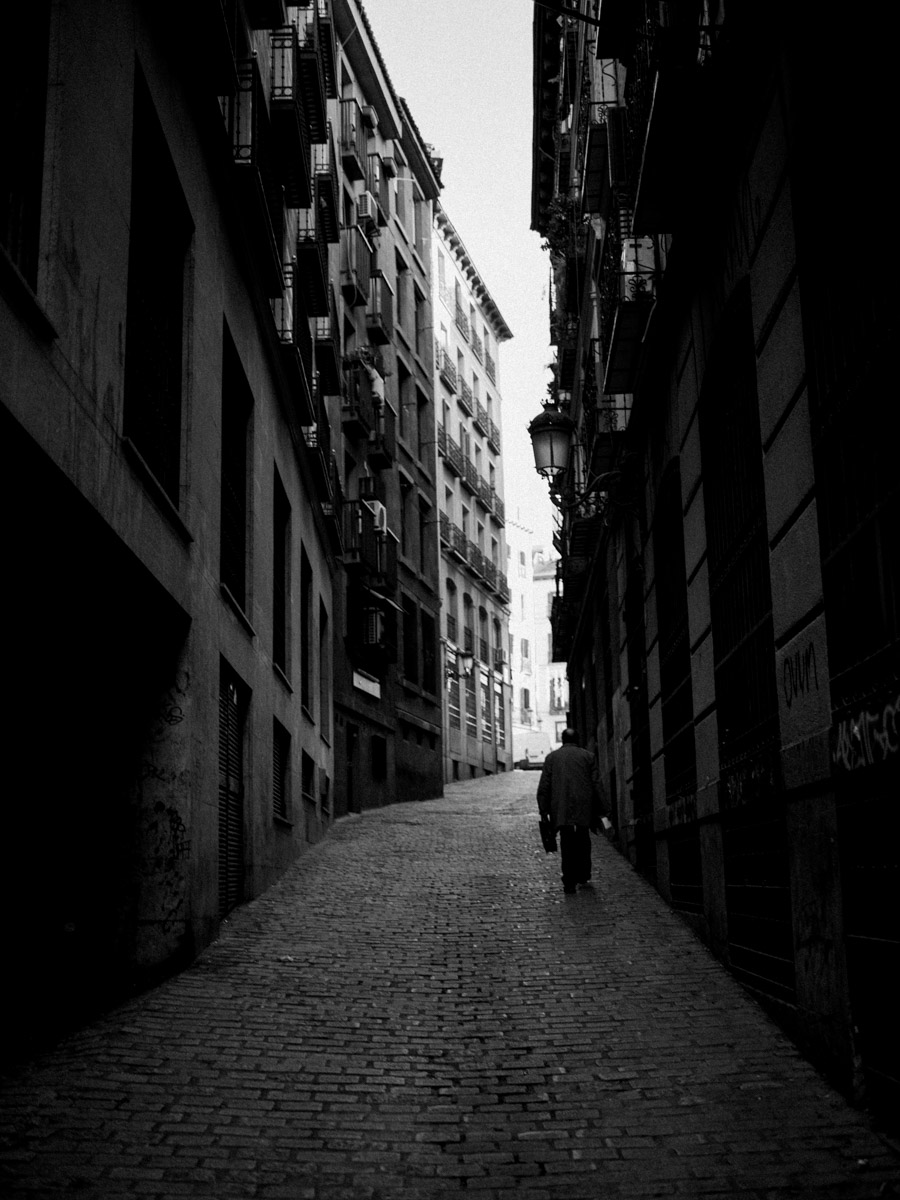

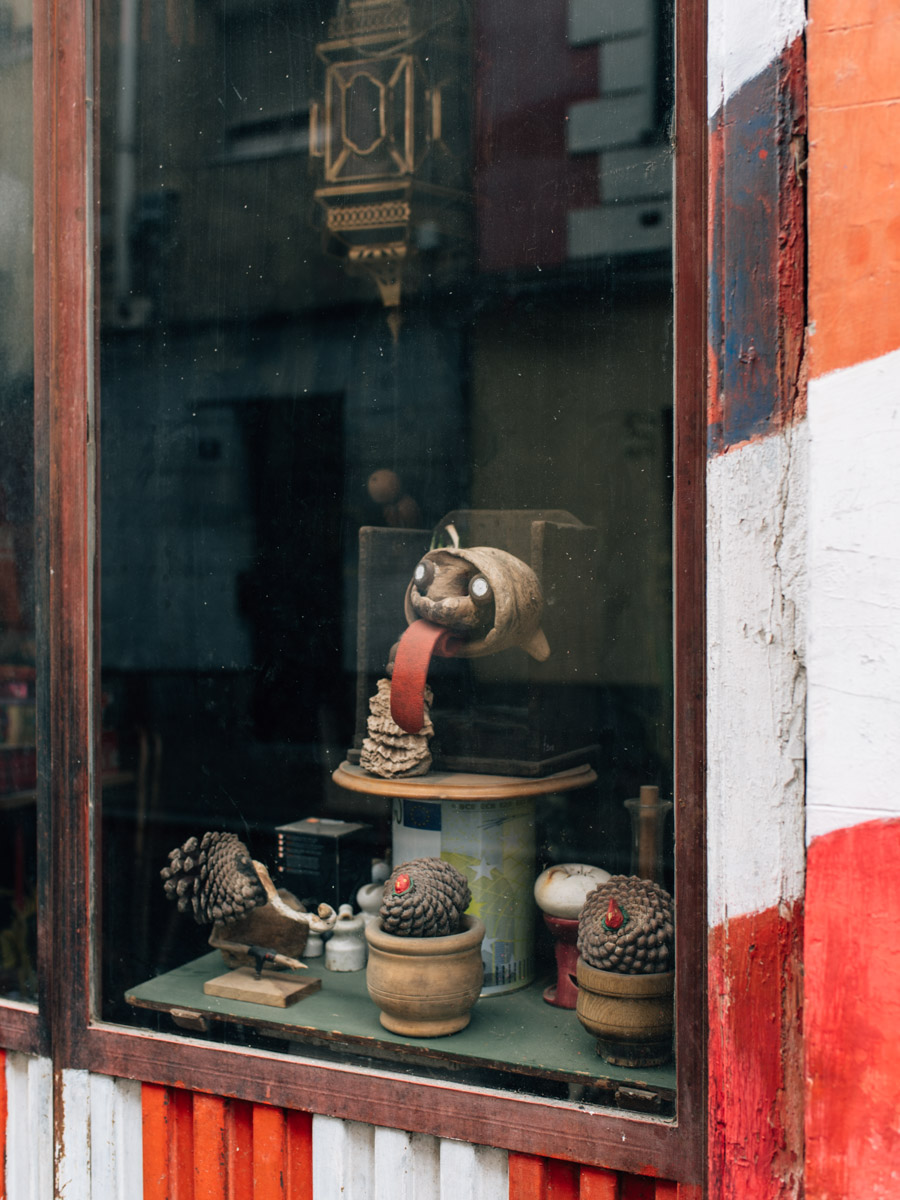

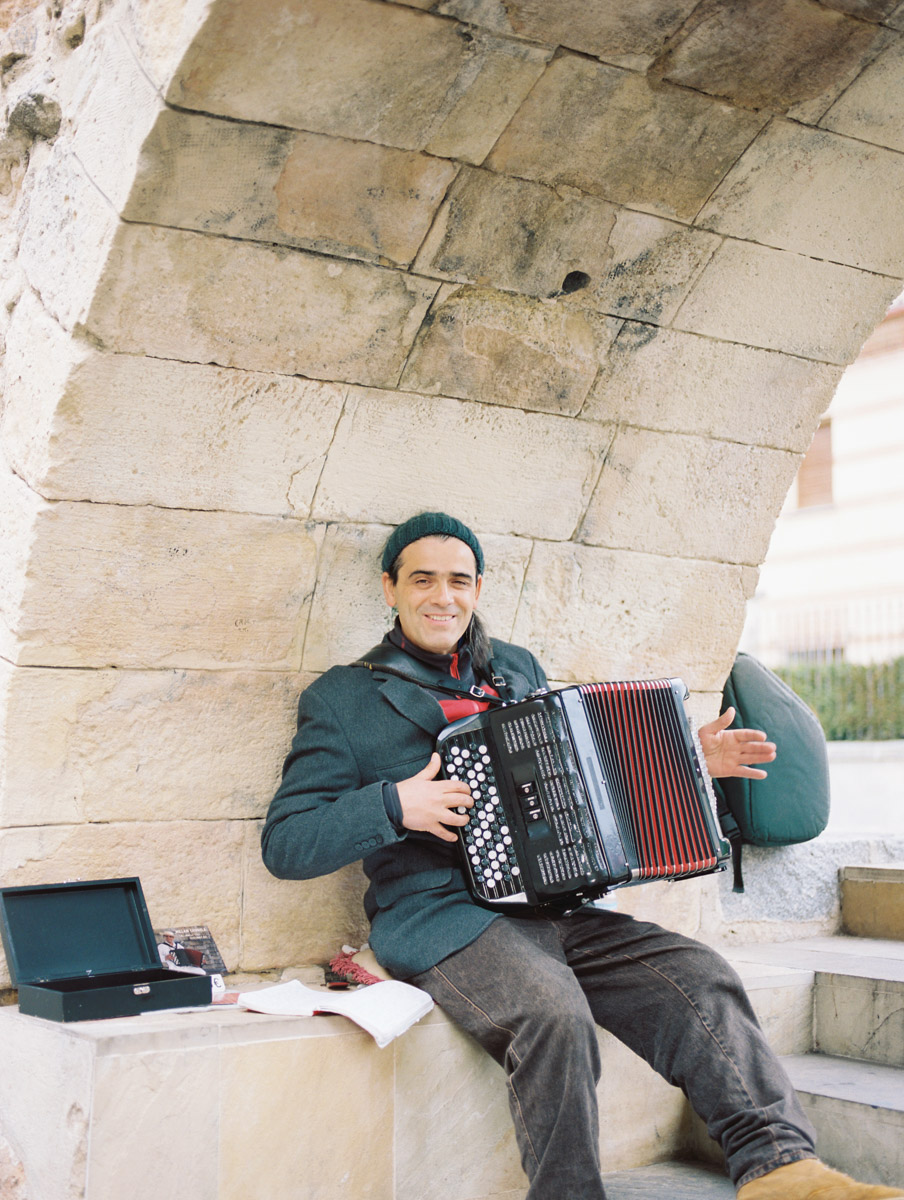
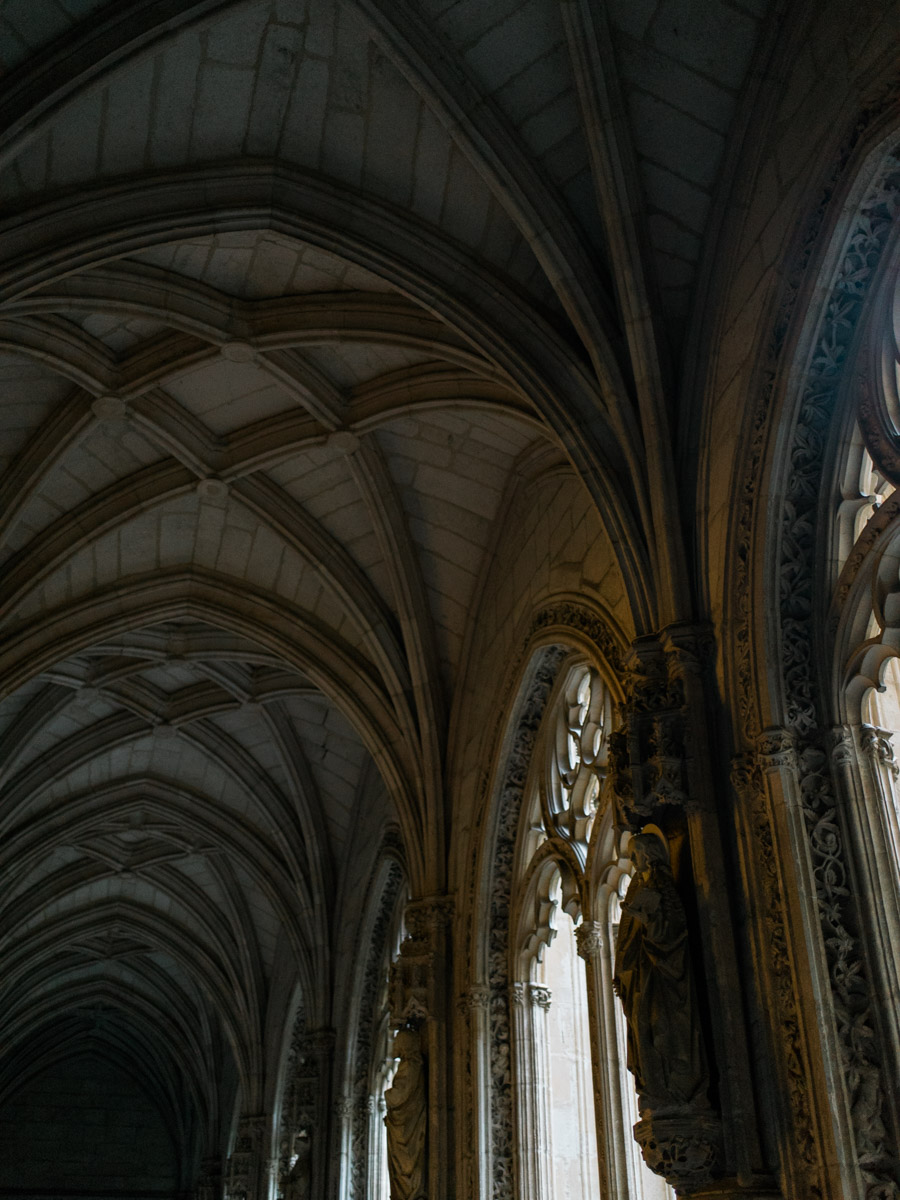
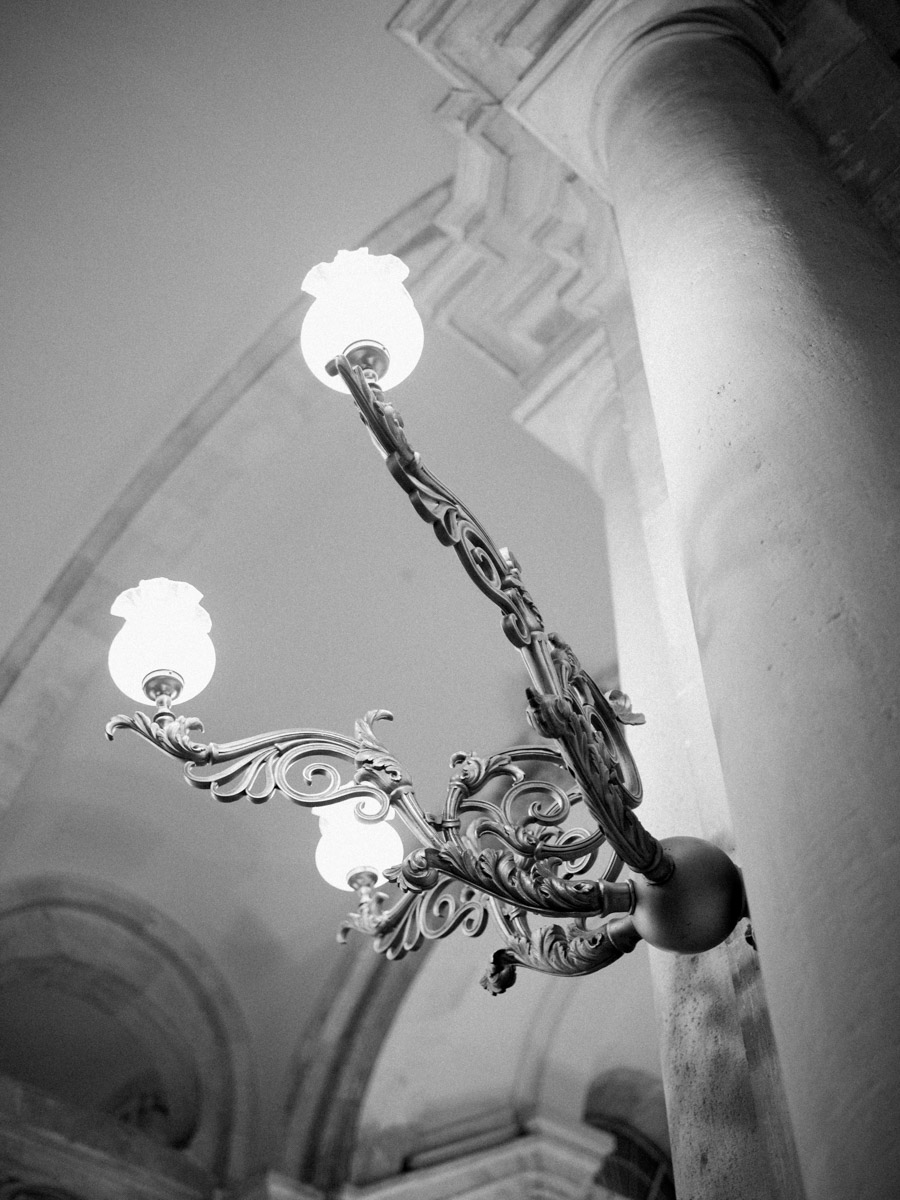
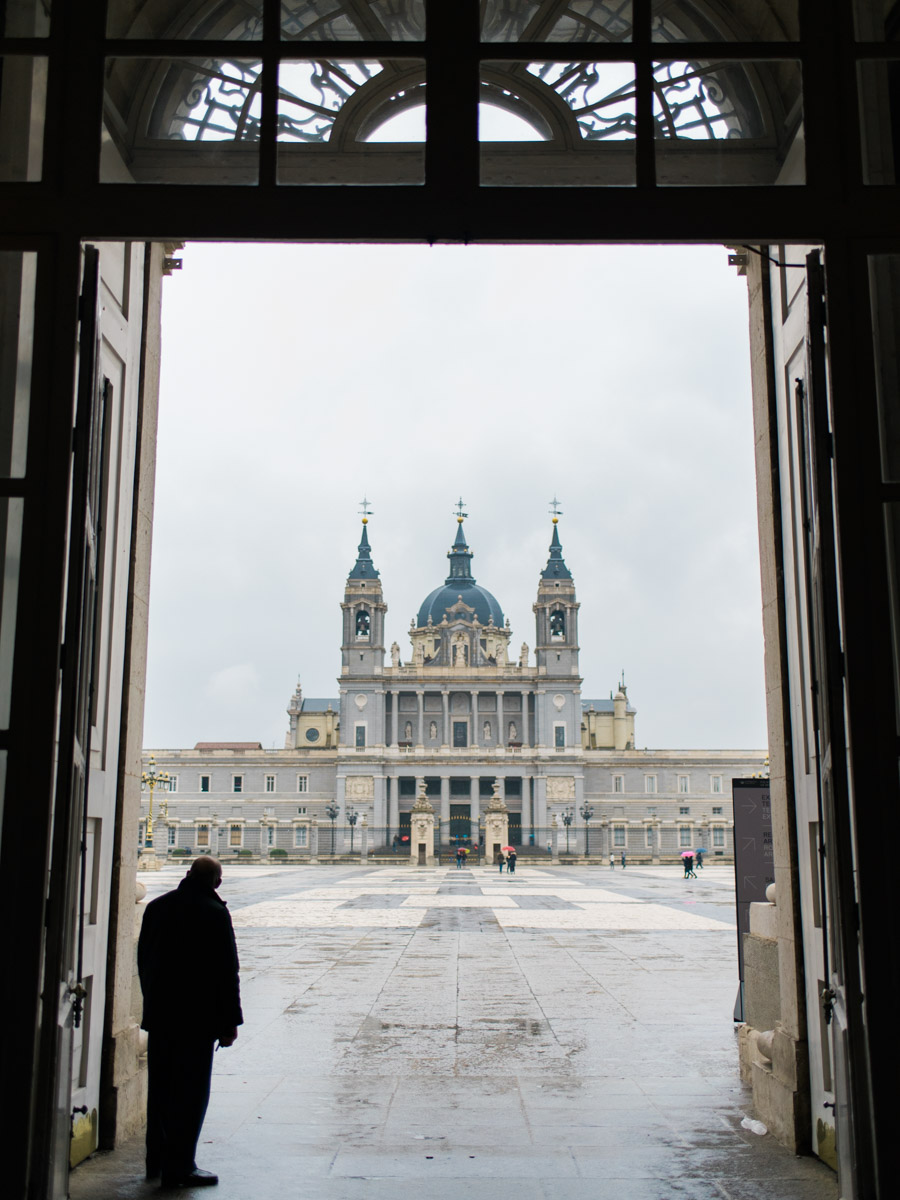
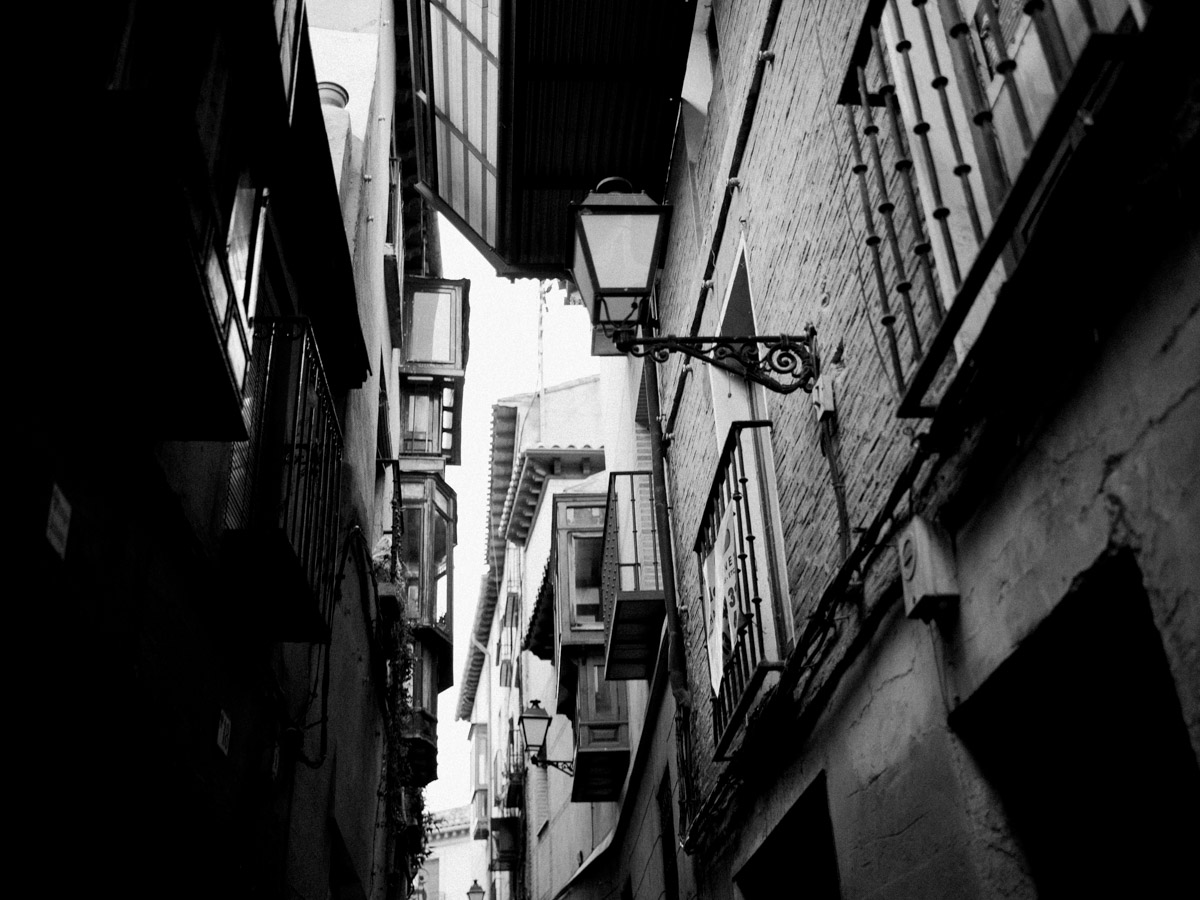
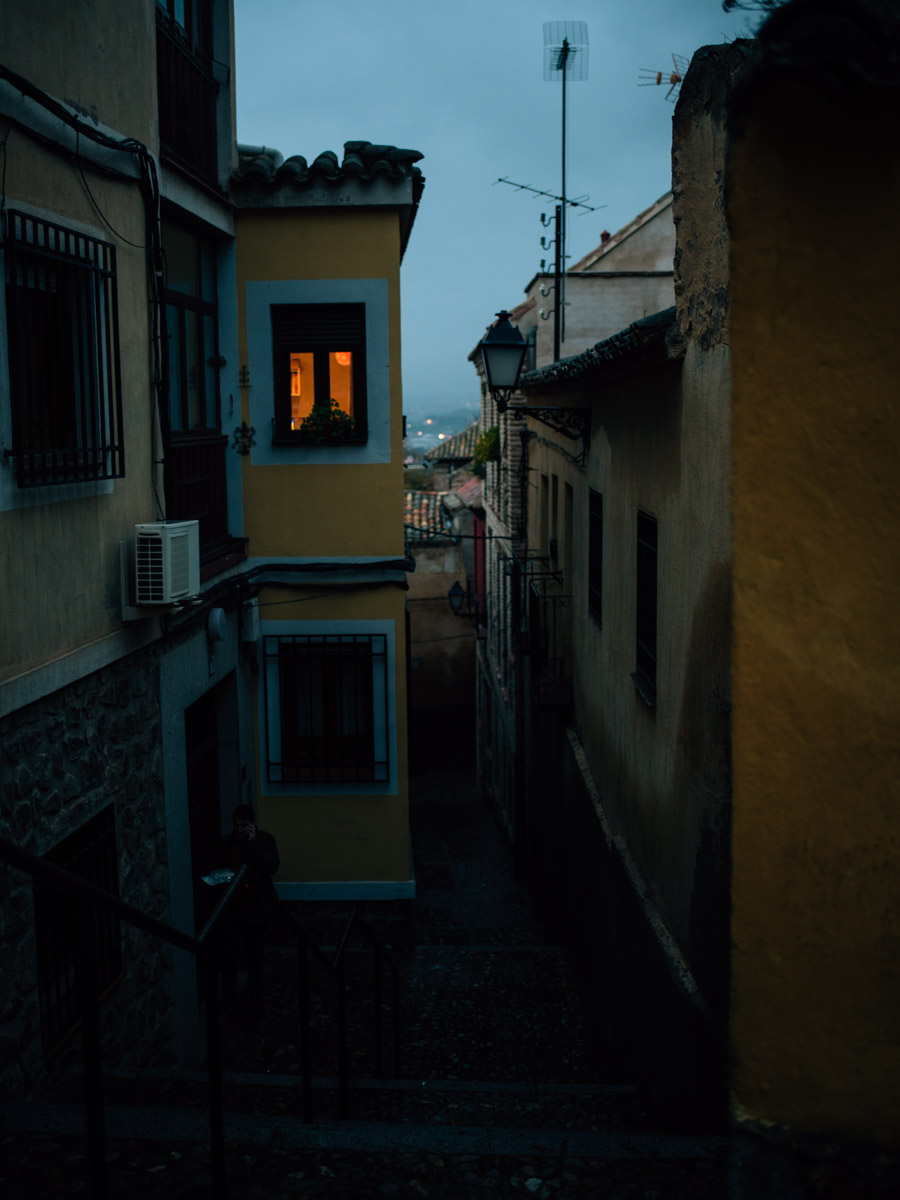
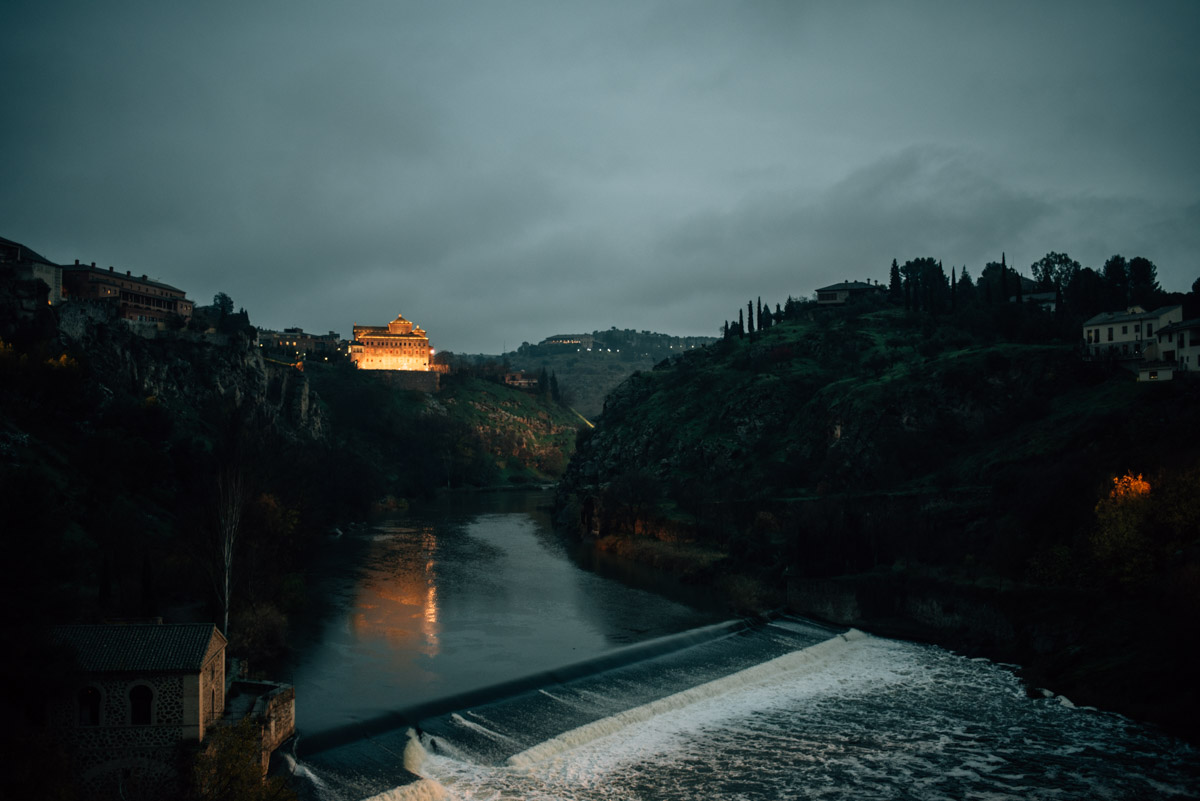
So would I travel alone again? Or recommend others to do the same? ABSOLUTELY! I've found that I was able to take in so much more when I walked the streets alone. No one to hold me back or tell me what to do or where to go. Just the city, myself, my camera, and the winding streets; taking one step at a time. All the steps eventually leads me back home; where I'm already planning my next escape and adventure.
